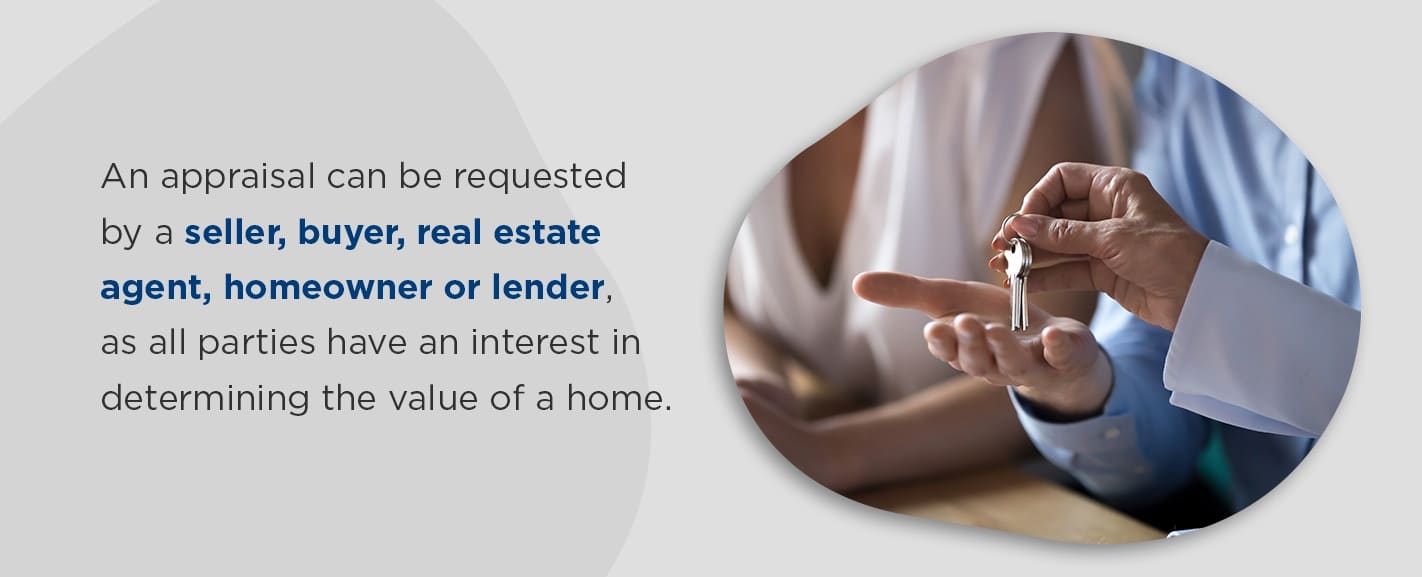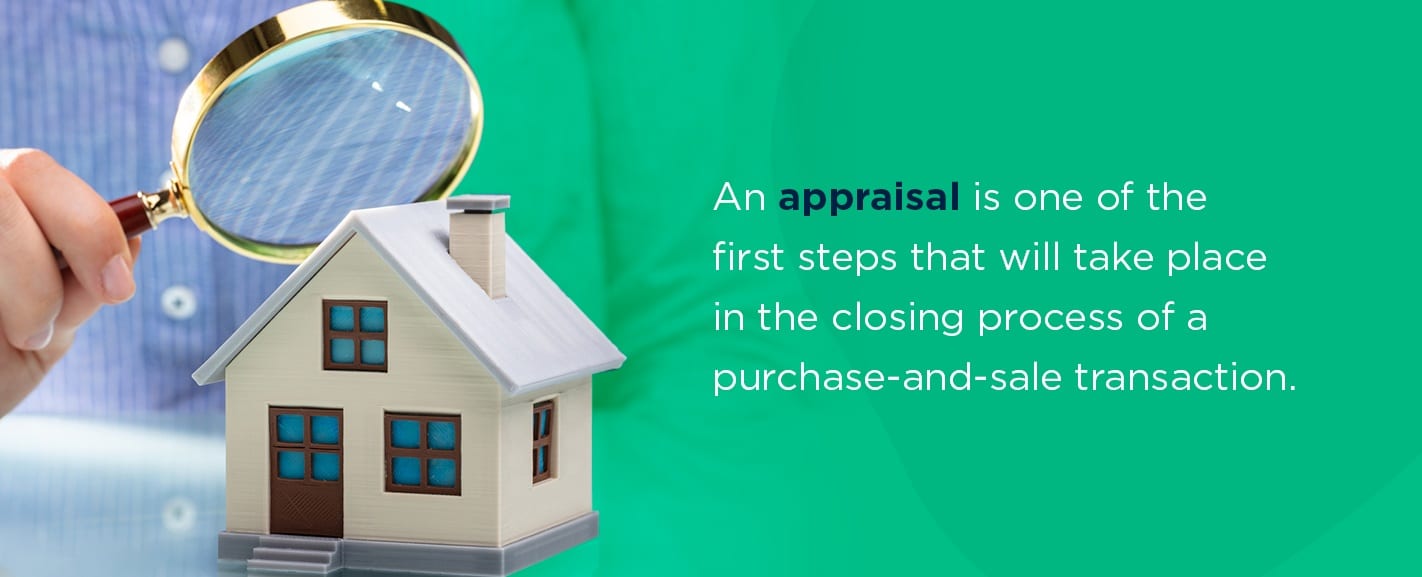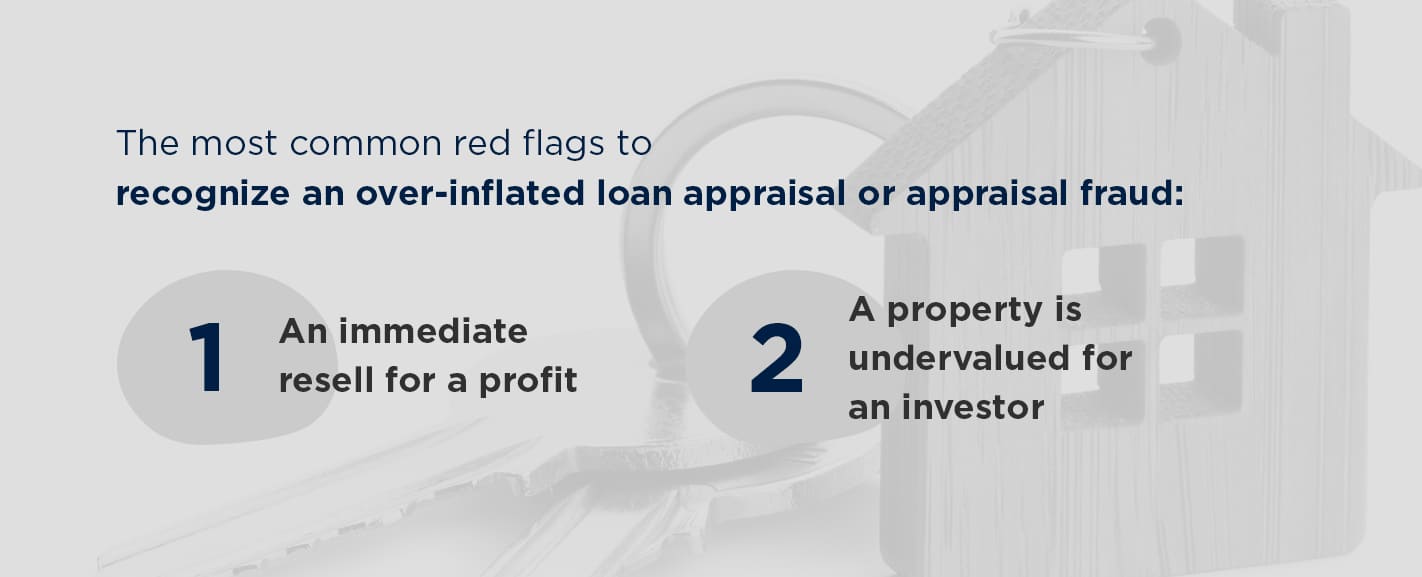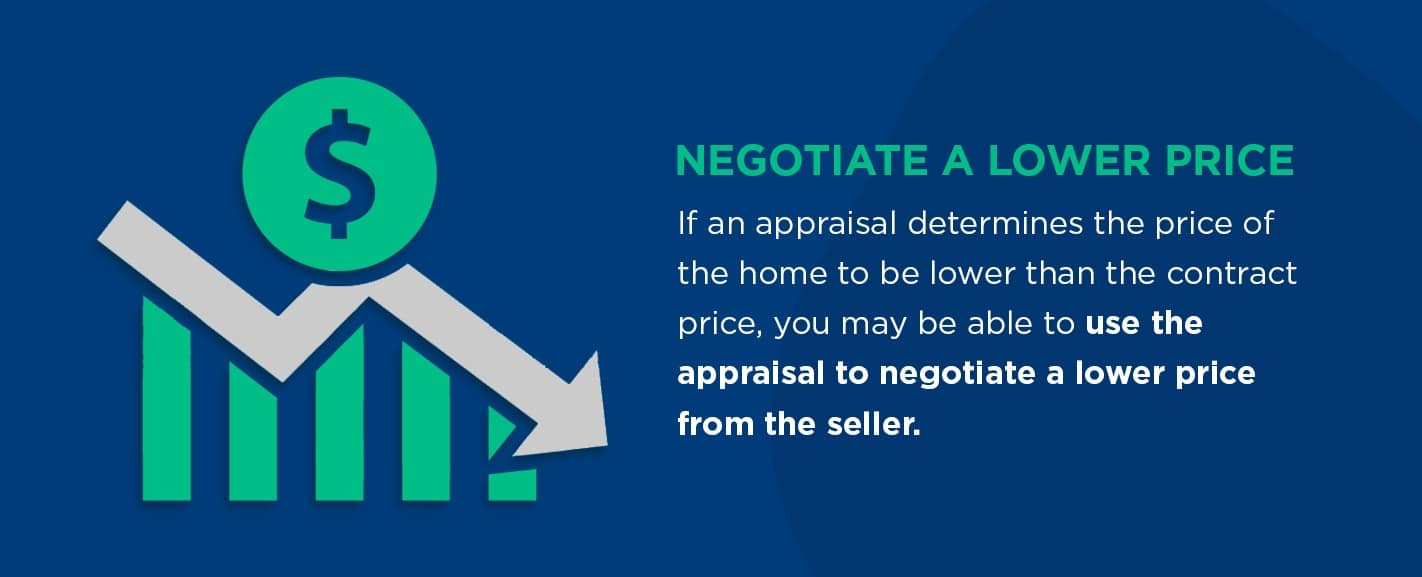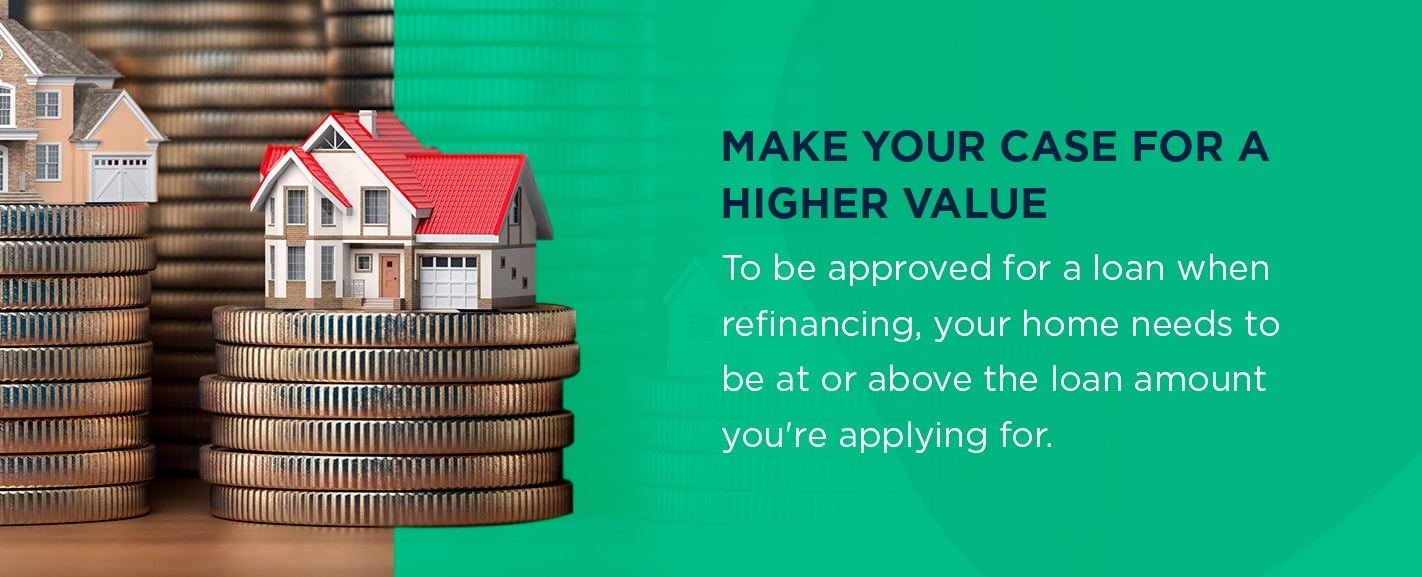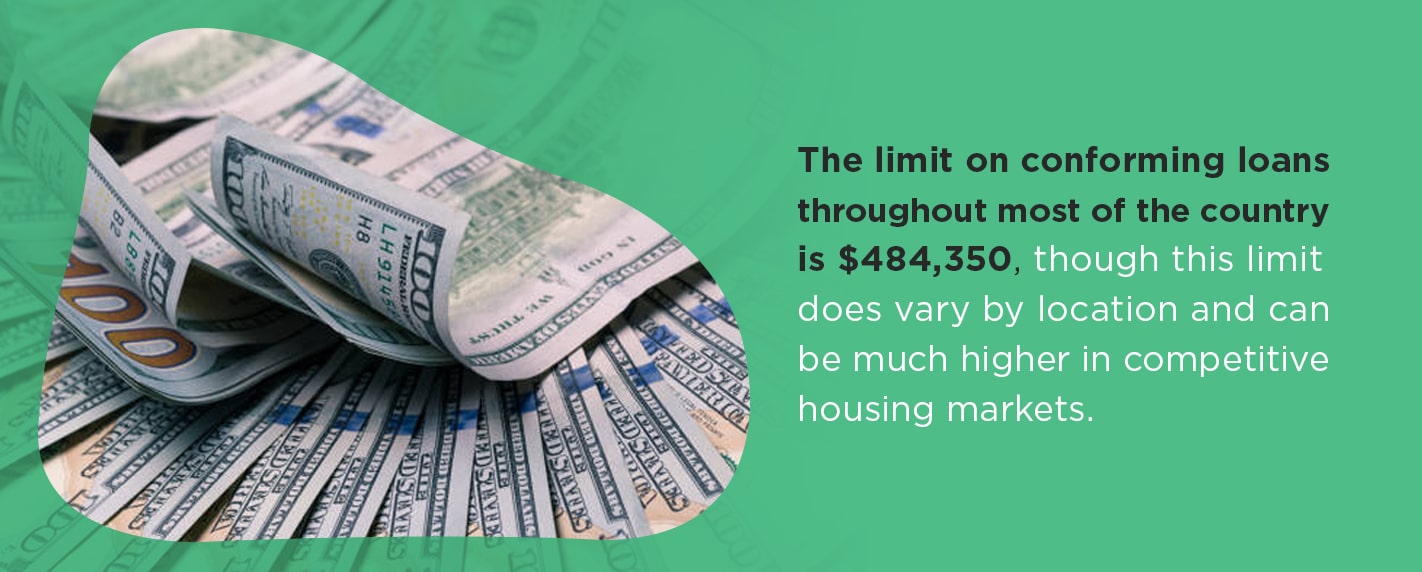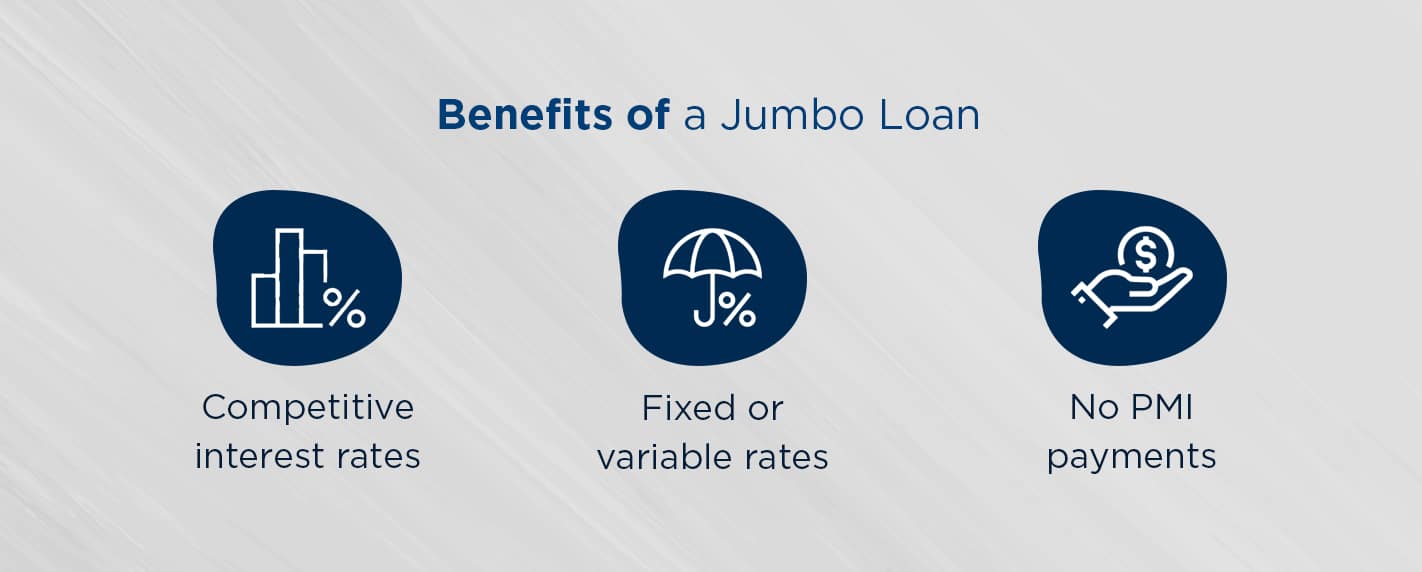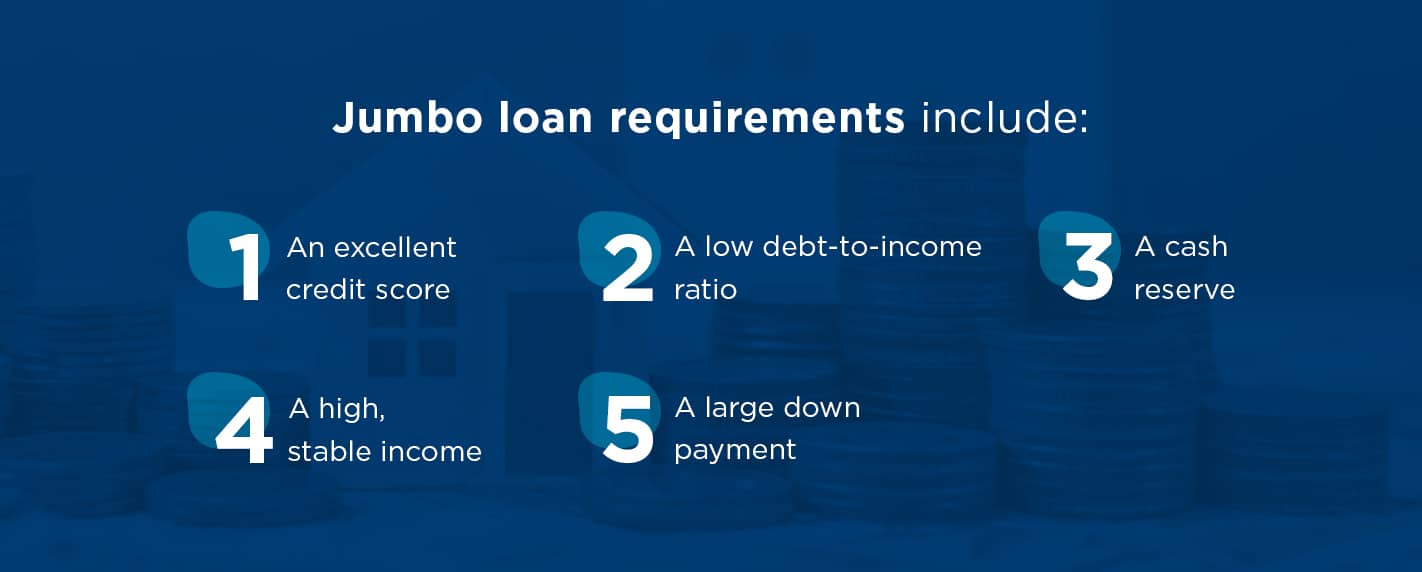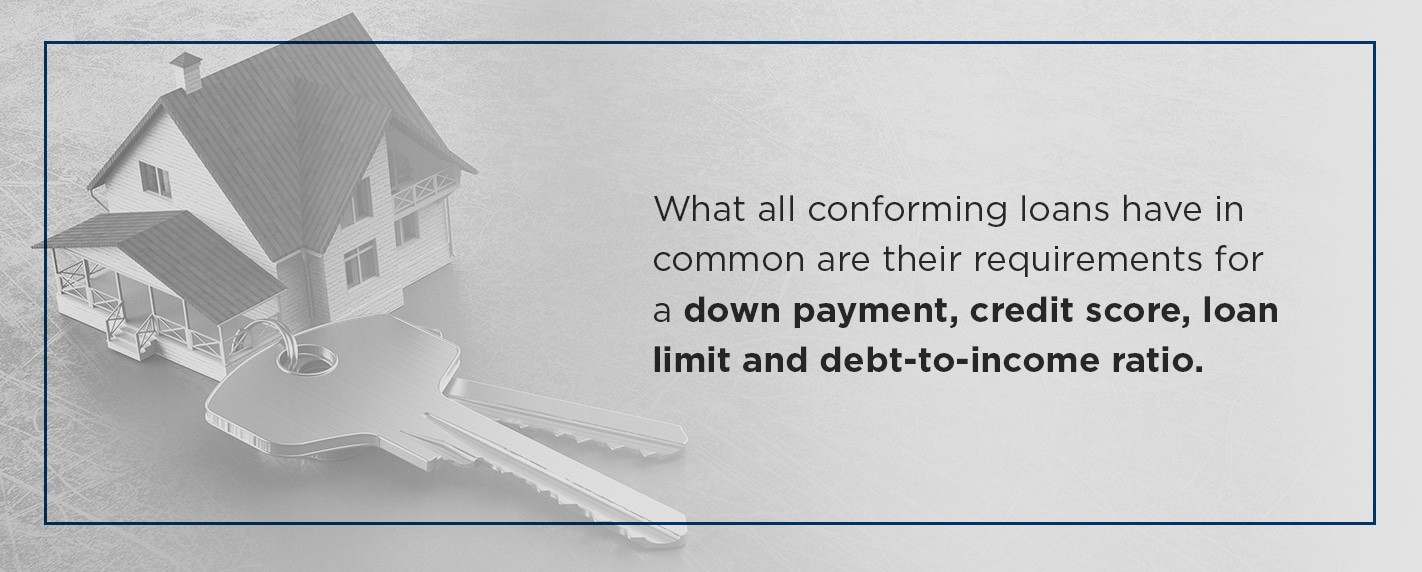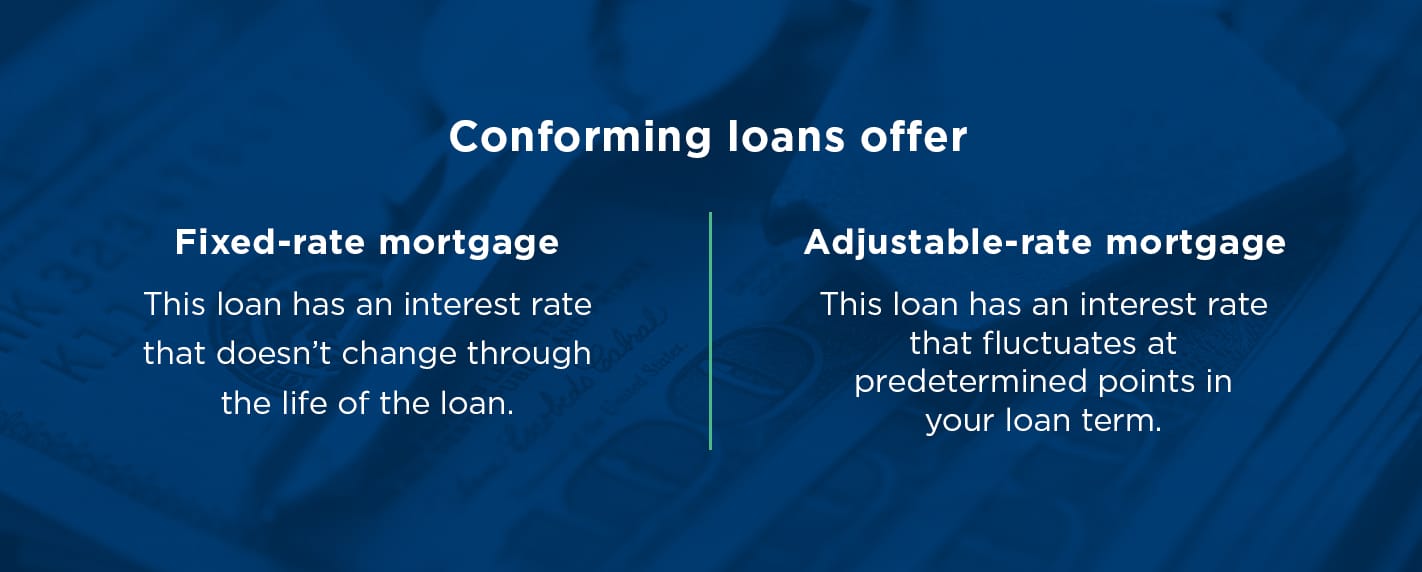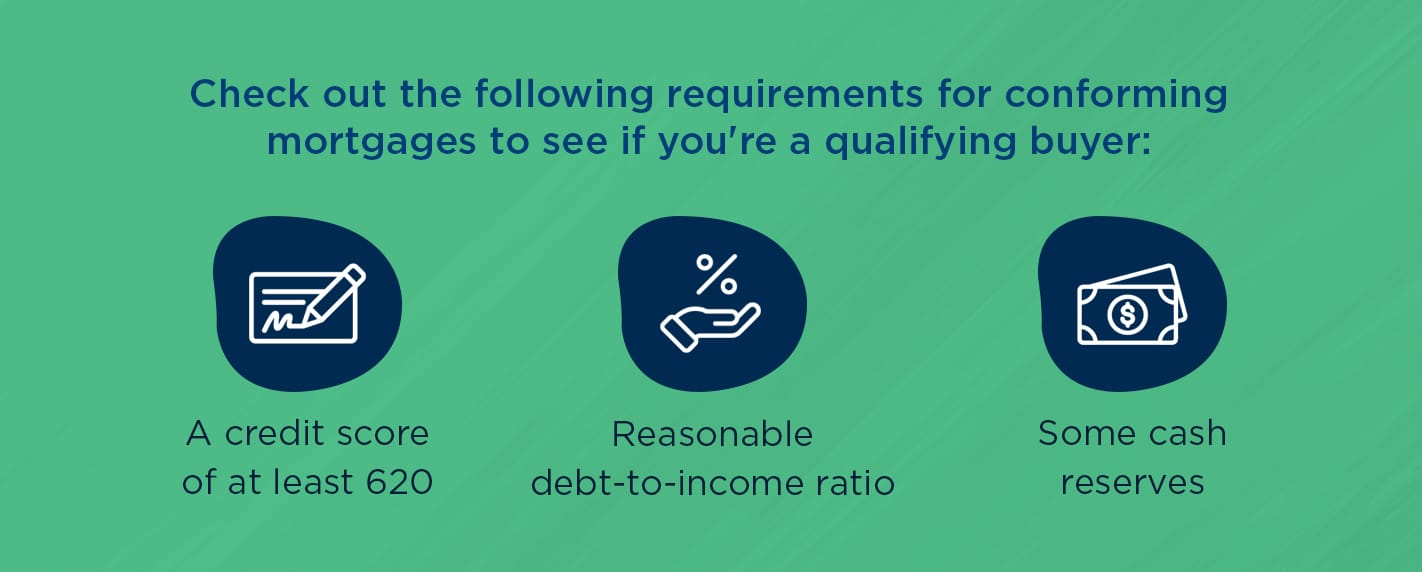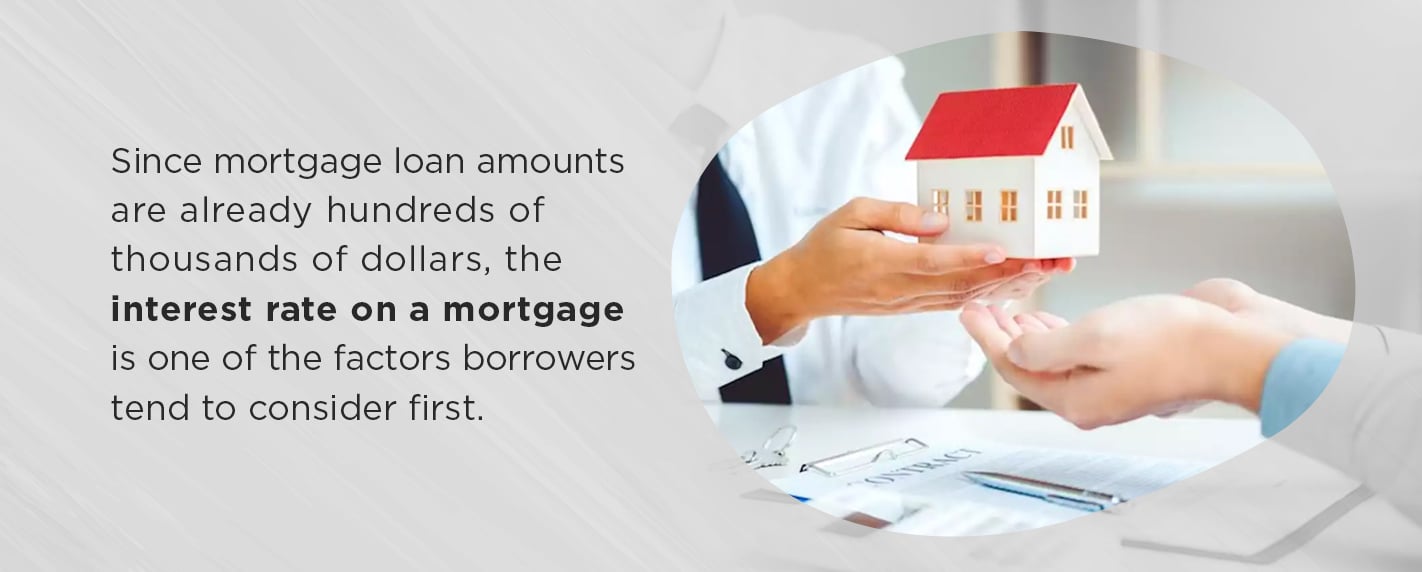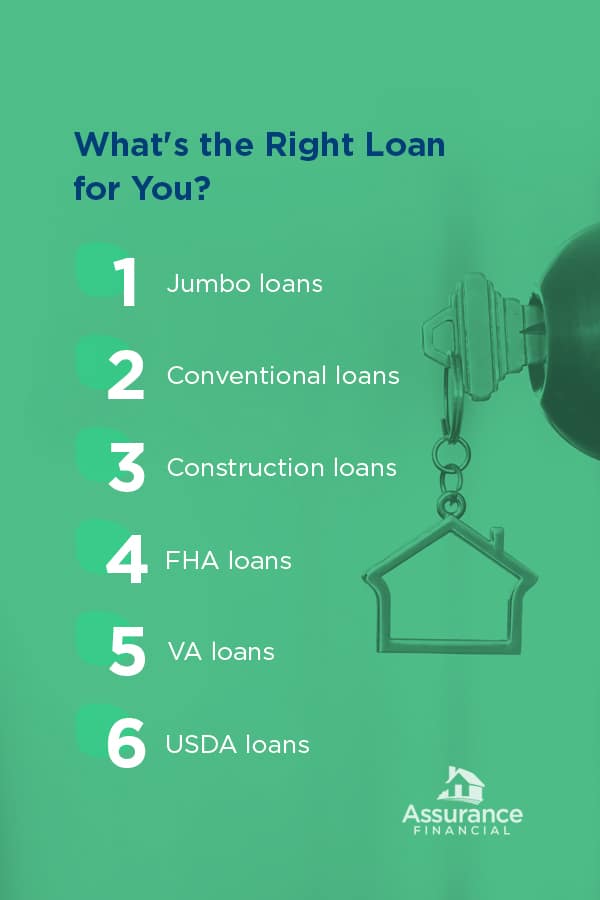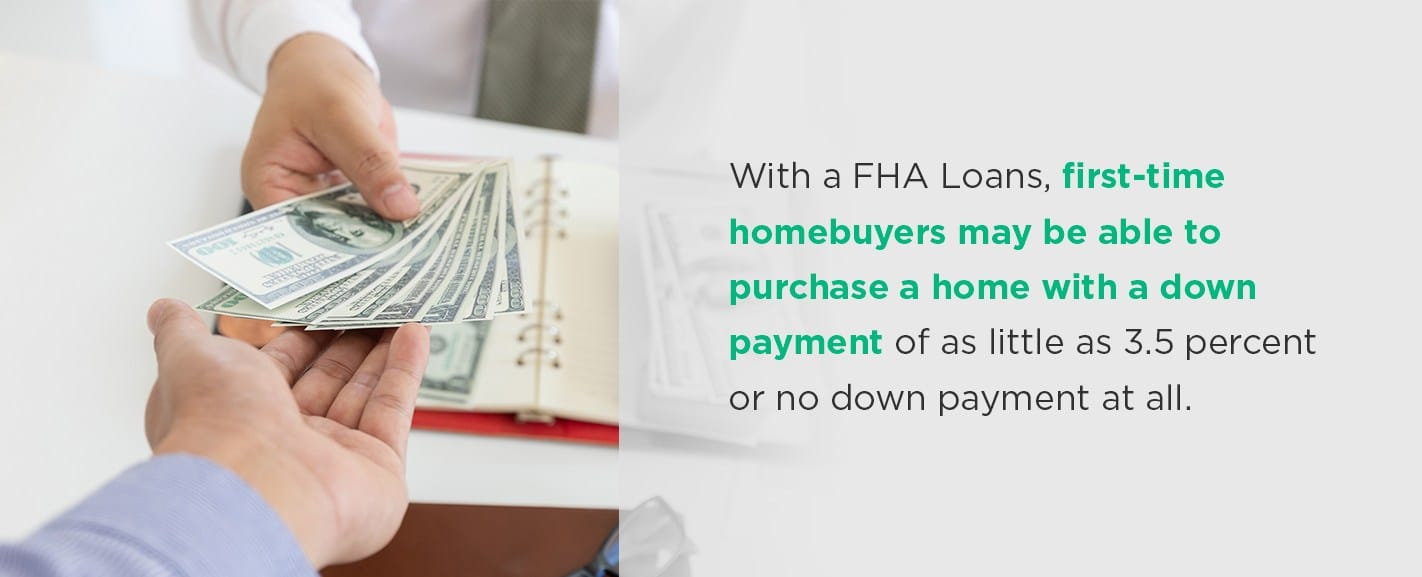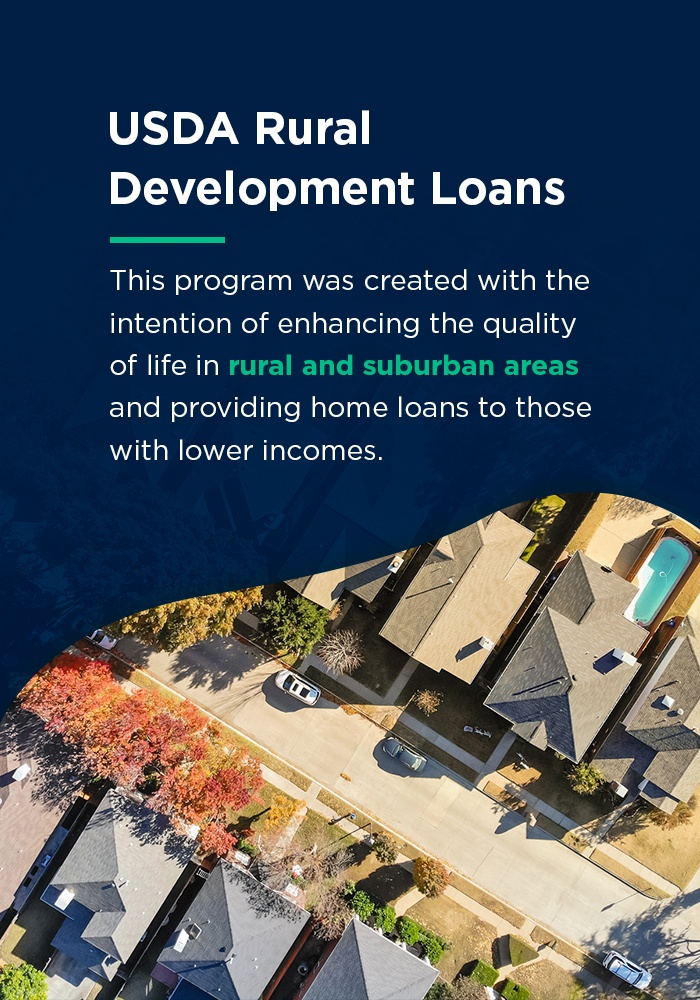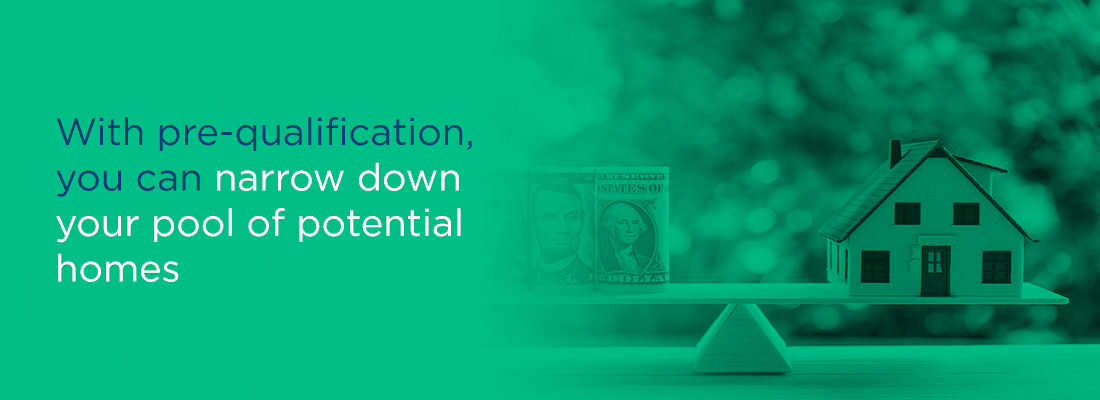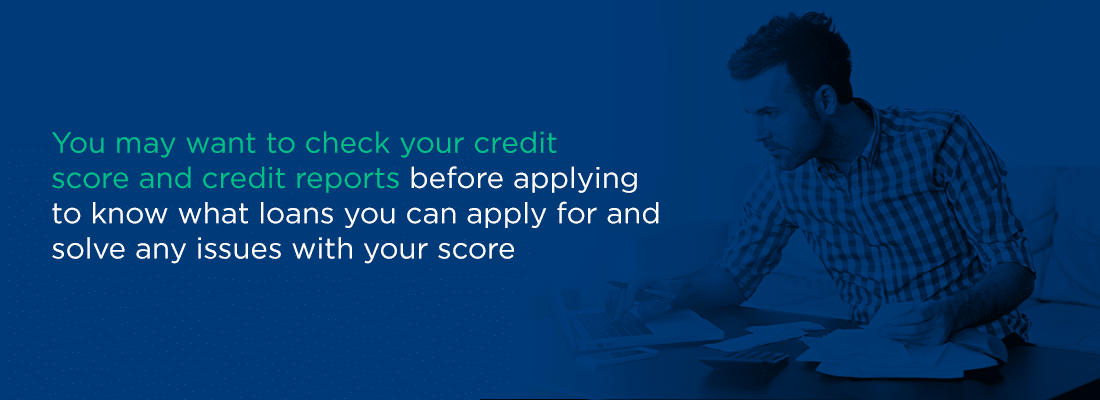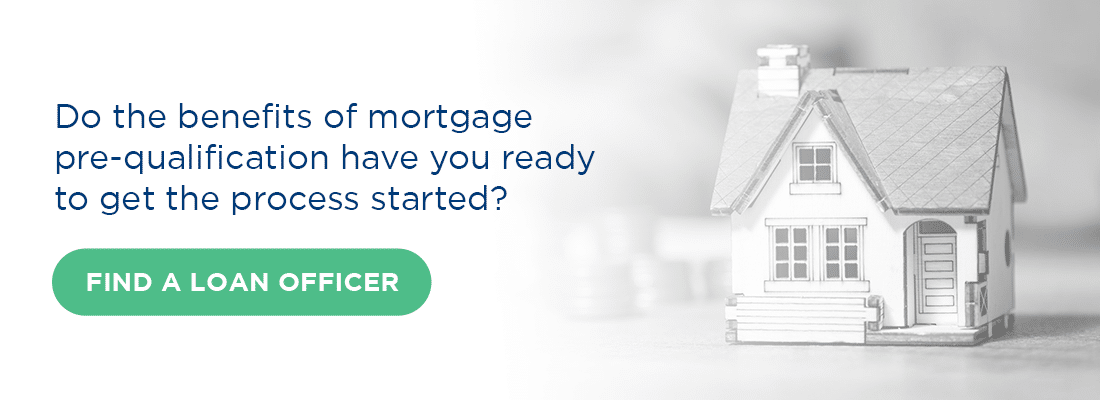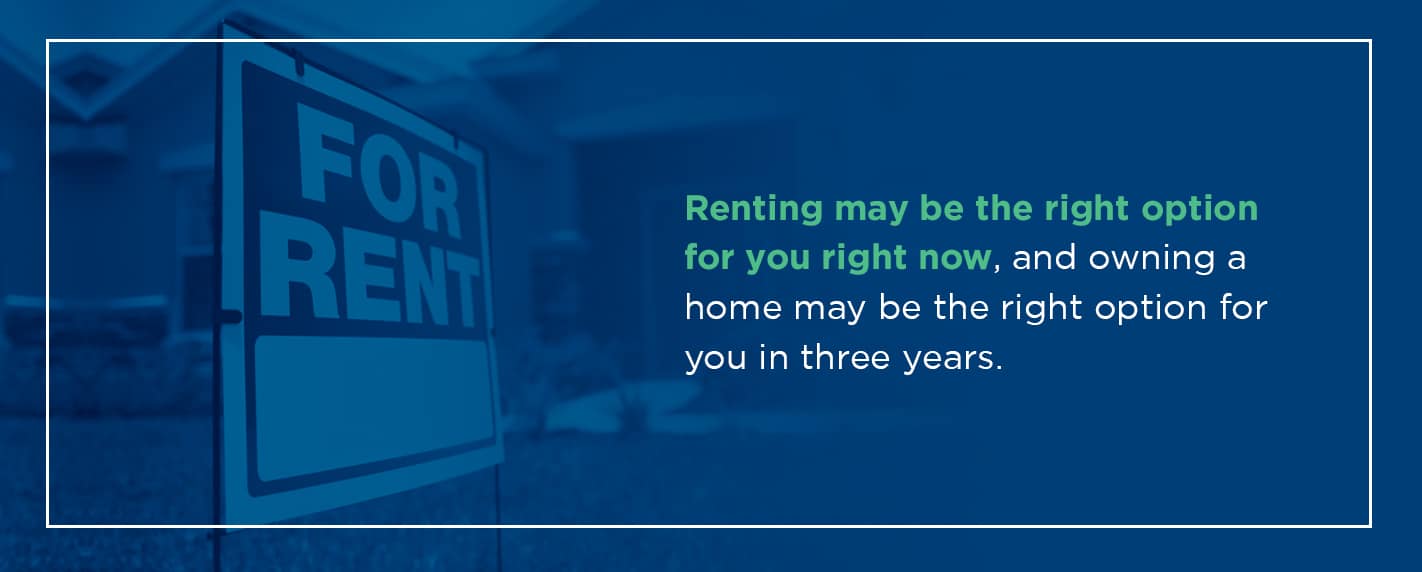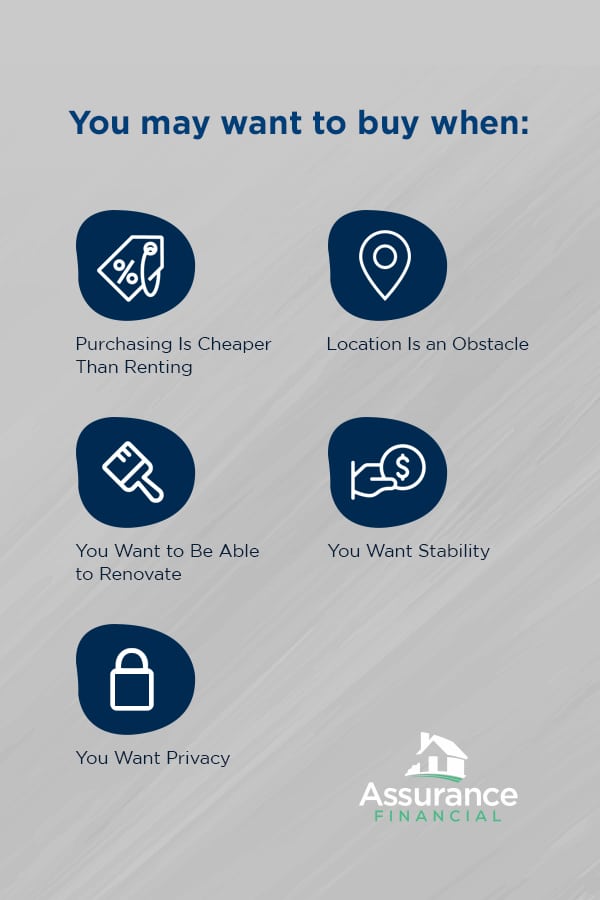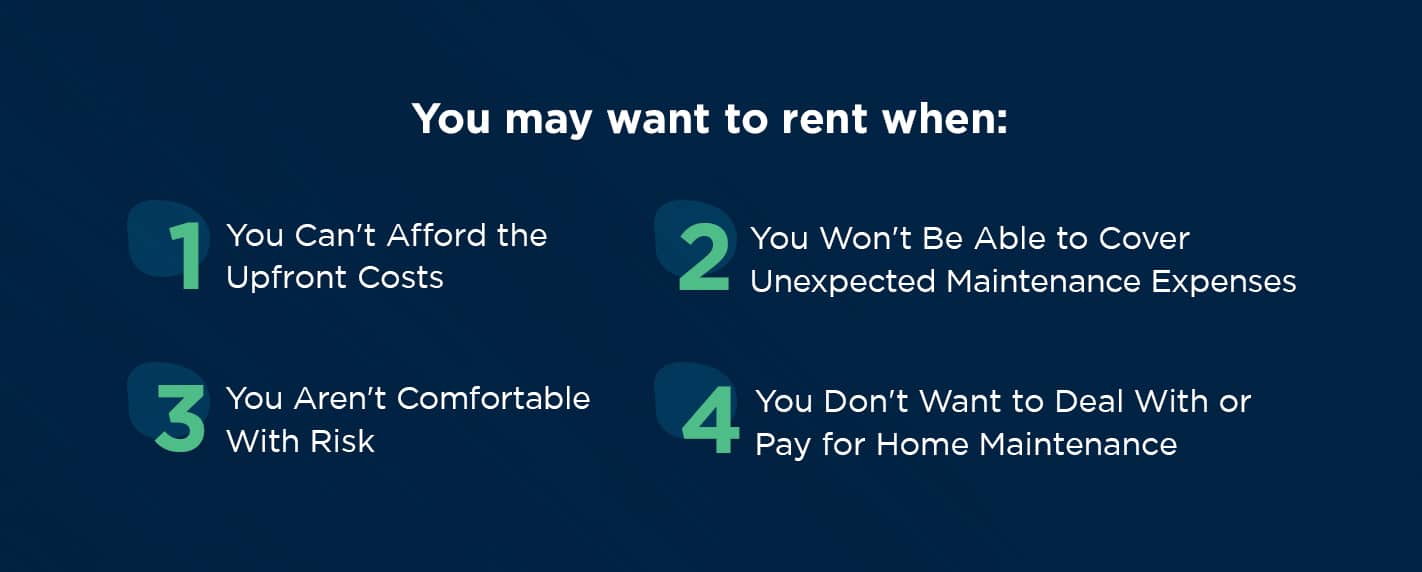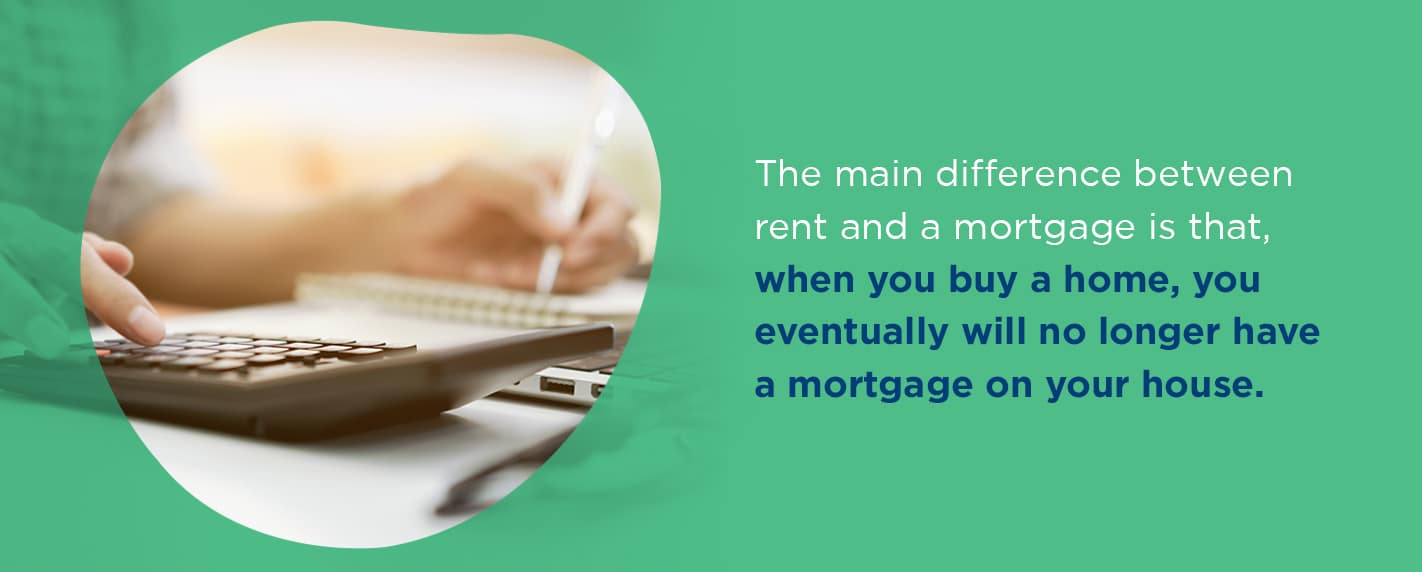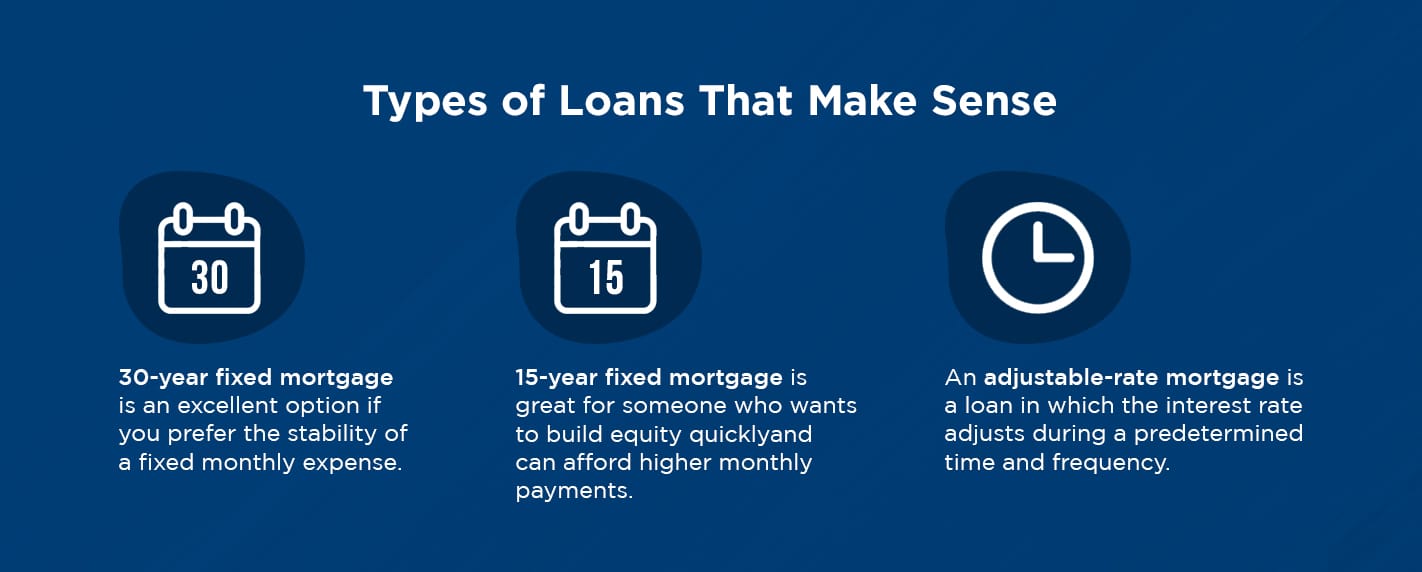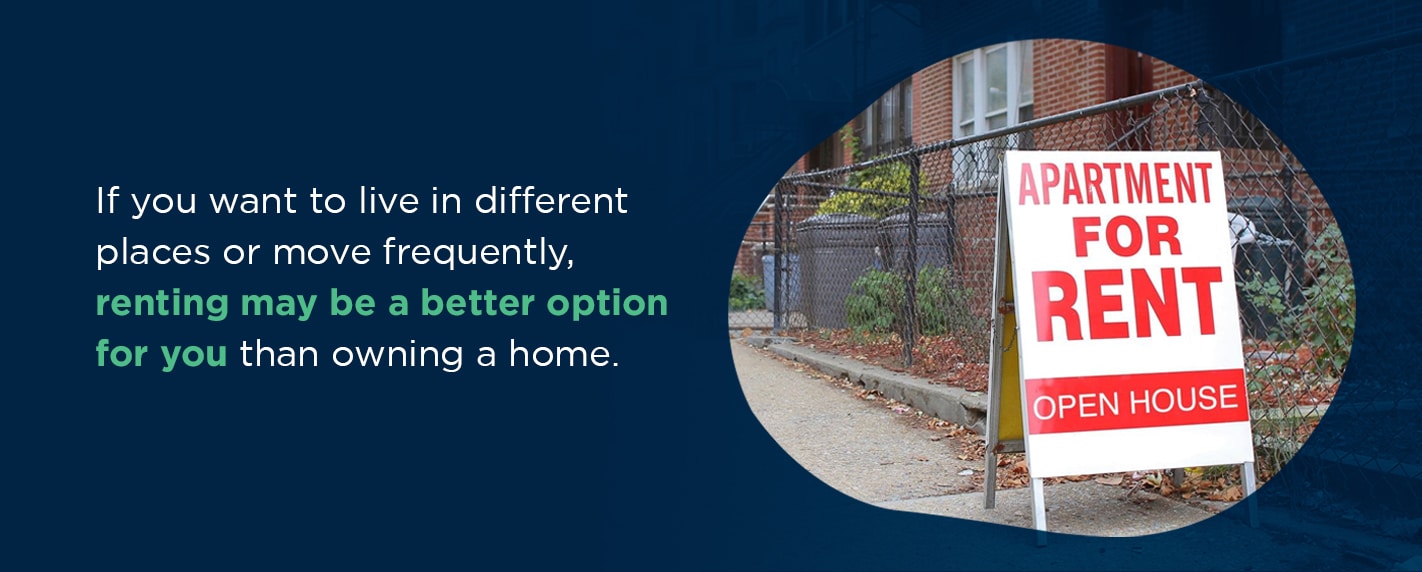Category: Purchasing a Home
Appraisals are an essential step in the home buying process. An appraisal informs the buyer, seller and lender about the value of a home and is intended to prevent buyers and lenders from overpaying for a property. Appraisers determine a home’s worth by considering a variety of factors, including the size, condition, location, number of rooms and comparable sales in the area.
The appraiser must be an impartial third party with no interest in the outcome, so the appraisal can be considered fair. As long as the appraiser determines the value of the home to be equal to or higher than the asking price of the home, the sale can continue. If the home is appraised at a lower value, this can slow or halt the process.
Topics Covered
- The Home Loan Appraisal Process
- How Does the Appraisal Process Work?
- Over-Inflated Loan Appraisals
- Loan Appraisals and Homebuyers
- How to Avoid Over-Inflated Loan Appraisals
- Apply for a Loan From Assurance Financial
The Home Loan Appraisal Process
Understanding loan appraisals is key to recognizing and avoiding over-inflated estimates. In this guide, we’ll discuss the process of loan appraisals, who requests them, what red flag to look out for and more:
Who Requests Appraisals?
An appraisal can be requested by a seller, buyer, real estate agent, homeowner or lender, as all parties have an interest in determining the value of a home. However, each may have a different reason for requesting an appraisal:
- The seller: The seller of the home may request an appraisal to determine the asking price of their home or to support their asking price before they put the home on the market. Though a seller isn’t required to have an appraisal conducted, an appraisal can be helpful if they’re uncertain about the home’s actual value.
- The buyer: The buyer may request an appraisal if they’re hoping to negotiate a lower price for the home.
- The real estate agent: The buyer’s real estate agent may also request an appraisal if they believe the home is priced unusually high when compared to similar sales in the area.
- The homeowner: If a homeowner is looking to refinance their home, they may also request an appraisal.
- The lender: Before a lender approves a loan, they will most likely request an appraisal, since the home is collateral for the mortgage. If the buyer can’t continue making payments on their loan, the lender will need to sell the home to recoup their costs, and if the property was initially overpriced, the lender won’t be able to get back the full price of the loan.
An appraisal may be requested more than once to negotiate the best deal. Though a home usually doesn’t need to be appraised more than once, any of the three parties involved may request an additional appraisal if they deem it necessary.
How Does the Appraisal Process Work?
Depending on the size and complexity of the home, an appraisal can take less than an hour or several. An appraisal is also one of the first steps that will take place in the closing process of a purchase-and-sale transaction. You’ll even need an appraisal for a house you haven’t built yet.
During this step, a professional appraiser will walk carefully around the property, examining the condition of both the exterior and interior with the intention of determining the fair market value or a fair range of values. They will make a note of any conditions that negatively impact the value of the property. If your home needs repairs, for example, this could negatively impact the property’s value. The appraisal value is what the property should sell for on the market.
For a purchase-and-sale transaction, the appraisal fee is generally paid for by the borrower and can cost several hundred dollars. An appraisal can also be requested in a refinance transaction to ensure the lender isn’t giving the borrower a loan of an amount higher than the property is worth.
An appraiser should be certified or licensed, familiar with the local area and impartial with no interest in the sale. An appraiser should have certifiable experience appraising similar properties in the area. To complete the process, an appraiser will consider:
- Soiled carpeting
- Water-stained walls
- Persistent odors
- Broken windows
- Plaster cracks
- Leaky faucets
- Cracked ceilings
- Damaged light fixtures
- Code violations
- Pests
- Floor plan functionality
- The square footage
- The number of bathrooms and bedrooms
- Comparable sales, known as comps
- The condition of the home’s permanent features, including square footage, age, location, views and lot size
An appraiser is not looking at the condition of the furniture, the cleanliness of the home or the performance of the heating and cooling systems, though they will check that they exist and are working. Appraisers focus mostly on your home’s permanent fixtures and the condition of these features.
After the appraiser completes their evaluation of the property, they will then provide their conclusions and analysis based on their observations. In their report, an appraiser needs to include a sketch of the exterior, an explanation for the calculation of the home’s square footage, a street map that shows the appraised property and the comparable sales used for the appraisal, photos of the front exterior of every comparable property, and photos of the home’s front, back and street view.
The report should also include other relevant information the appraiser used to determine the fair market value of the home, such as public land records, market sales data and public tax records.
Sellers can often increase their home’s appraisal value by:
- Patching up walls
- Repairing broken windows
- Fixing leaky faucets
- Trimming hedges
- Mowing the yard
- Repairing or replacing broken garage doors
- Informing the appraiser of positive updates to the neighborhood, such as a new school.
- Writing down all the improvements and repairs you’ve made over the years, from a new roof to a new sink. Include when these updates were completed and the cost of each.
An appraisal should provide the true value of a home, which is why it’s such an important step in the process of buying a home and why the appraisal needs to be accurate. If a home is appraised at or above the asking price, the transaction can proceed as planned. If the appraisal is below or above the asking price, the transaction can get delayed or fall apart entirely.
If a home is appraised to be higher than the asking price, the lender will only issue a mortgage for the appraisal amount. This leaves the borrower to either cover the remaining cost on their own or return to searching for a home with a listed price that matches the appraised value. Appraisals are also used in estimating property taxes for a home, so this is an additional cost that could affect the homeowner.
If a seller wants to make a sale, their asking price needs to align with the appraisal value. If a buyer wants to purchase a home, the asking price and mortgage amount needs to align with the appraisal value. This is why an appraisal is so essential for everyone involved in the process and why avoiding over-inflated loan appraisals is crucial.
Over-Inflated Loan Appraisals
What is an over-inflated loan appraisal? What impacts does an over-inflated loan appraisal have on the home buying process?
An inflated loan appraisal determines an asking price that is much higher than the market value of the home. An over-inflated appraisal is a type of mortgage fraud that could cause a buyer to pay much more for a home than they should.
What Are the Causes of Over-Inflated Loan Appraisals?
Though no appraiser is perfect, they are highly-trained professionals with several years of experience and are required to continue their education throughout their careers. They have to prove all of their findings that factor into a home’s value and are heavily regulated. The consequences of doing their job poorly — by issuing a biased or intentionally misleading report — can be severe. Because of this, appraisers work diligently to make sure they keep their biases and personal judgments out of their work.
So why is appraisal fraud committed? Appraisal fraud is typically used to:
- Help the seller make more money from selling the home.
- Help the buyer be in a better position to finance mortgage payments.
- Help the homeowner obtain better refinancing or a home equity loan.
Appraisers aren’t the only ones who can commit appraisal fraud. Sometimes buyers, sellers or homeowners will alter an appraisal using digital editing or bribery. Appraisers may also work with a real estate agent to increase a home’s purchase price to boost commission.
Appraisers can feel pressured to inflate a home’s price so the deal can work out between the buyer and seller. If an appraiser believes a home to be worth less than the asking price, a borrower may not be able to obtain a mortgage if the loan amount is higher than the lender’s limit. If a borrower needs to put 20 percent toward a down payment, for example, a higher home price could create conflict. A buyer may not be able to afford a home if it’s deemed more expensive, and an appraiser may not want to be the bearer of bad news.
To protect themselves against this fraud, lenders will request a separate appraisal, often with a preferred appraiser. This generally happens around the time of closing, so even if the buyer is ready to purchase the house, the lender may require the seller to lower the price, or they may not approve the loan.
A homeowner or buyer may also want to err on the side of caution and seek a second opinion if they’re making a decision using someone else’s appraisal.
How to Recognize an Over-Inflated Loan Appraisal or Appraisal Fraud
Despite strict regulations, appraisal fraud still occurs. If you can recognize these common scams and schemes, you may be able to avoid appraisal fraud. The most common red flags are:
- An immediate resell for a profit: Appraisal fraud can sometimes occur with property flipping. If a home is purchased below market value and then immediately sold for a profit with the assistance of an appraiser who declares the property is worth much more than the initial estimate, this is a sign of appraisal fraud.
- A property is undervalued for an investor: A property might be undervalued by an appraiser so an investor can purchase the property.
Other signs of appraisal fraud include:
- The property listed for the appraisal is inconsistent with the property on the application.
- The locations or types of comparable sales are inconsistent.
- Photographs of the property don’t match the description in the appraisal
Loan Appraisals and Homebuyers
Are you a homebuyer who has been affected by inaccurate loan appraisals? Odds are, you don’t want the transaction to fall through, and neither does the seller. Generally, lenders don’t lend the total value of the home — depending on the borrower’s qualifications and the type of mortgage — so they definitely won’t lend more money than a home is worth.
Lenders want to take on as little risk as possible. If you can’t pay back your loan, they need to get their money back by selling the home. But if they gave you more money than the home was worth, they’re unlikely to make their money back. If you’re the buyer, this means you’re unlikely to get the loan you need to pay for your dream home.
Luckily, there are several things you can do as a homebuyer to if you think an appraisal is inaccurate:
Negotiate a Lower Price
If an appraisal determines the price of the home to be lower than the contract price, you may be able to use the appraisal to negotiate a lower price from the seller. The seller is likely motivated to sell, and at such a late point in the transaction, they may be willing to drop the price in order to close.
On the other hand, the seller may be dissatisfied with a low appraisal and believe it to be inaccurate. As such, they may not be willing to drop the price, or they may challenge a low appraisal. For example, if the appraisal value has been affected by foreclosures and short sales in the local area, the seller may be able to convince the appraiser that their home is worth more than the other properties because it’s in better condition.
Fortunately, if the owner can get the appraisal value up to the contract value, this will allow you to continue on with the process as planned.
Get a Second Opinion
Is an appraisal standing between you and your dream home? If so, you may want to consider getting a second opinion. You can request an appraisal to be performed by a different appraiser, who may assess the property at a different value. Appraisers are human, so mistakes can be made, and information can be overlooked.
Appraisers can also feel pressure from the people they work for to make a deal work. If they work for a lender, the appraiser may feel their livelihood is threatened if the numbers they provide don’t close the deal. An impartial appraiser is the key to an accurate estimate.
Make Your Case for a Higher Value
You can also speak with the initial appraiser and make your case for a higher value. If the appraiser agrees with you, they may revise their evaluation. This will allow you to continue forward with the transaction as planned.
You also may run into issues if you’re refinancing a mortgage and wind up with a low appraisal. To be approved for a loan when refinancing, your home needs to be at or above the loan amount you’re applying for. If the appraisal comes in under that amount, you won’t be able to qualify for the loan. An exception to this is if you have an FHA mortgage, you may be able to refinance your home without an appraisal.
When it comes to inaccurate loan appraisal, homebuyers have options. You can attempt to obtain a more accurate appraisal or use the appraisal to your advantage. Knowing how to improve this situation will ensure you come out of the appraisal process with the deal you wanted.
How to Avoid Over-Inflated Loan Appraisals
How can you avoid over-inflated loan appraisals? Try the following tips to avoid an inflated loan appraisal:
Hire an Appraiser Yourself
One way you can avoid an over-inflated loan appraisal is by hiring your own appraiser. You’ll have to pay for an appraisal when you buy or refinance a home anyway, so using that money to give you the peace of mind you need is well worth it.
Ask for References
You can ask for references for an appraiser from banks. A bank is likely to hire an ethical, competent appraiser, so you’re likely to find one who is impartial and honest.
Understand the Appraisal Process
When an appraisal determines a home’s true value to be similar to the asking price, then an appraisal is simply a box to check off during closing. When a home appraisal is substantially different from the contract price, however, the transaction can come to a grinding halt. By understanding the ins and outs of the appraisal process, you can ensure it works in your favor and combat any problems that may arise.
If you can avoid an over-inflated loan appraisal, you can spare yourself and everyone involved the headache and heartache of a disrupted home transaction.
Seek Help From a Loan Officer
A loan officer can help buyers avoid getting the wrong appraisal. A loan officer evaluates and recommends approval for loan applications, so they’re on your side when it comes to financing your future home.
When you meet with a loan officer, you can present yourself as a worthy candidate for a loan. Demonstrate your creditworthiness and explain the issues that may come up on your credit history, like a missed payment on your credit card.
Sometimes, the process of applying for a loan can seem like it’s all about the numbers — your salary, your credit score, your debt-to-income ratio and your total debt. But loan officers can look beyond the numbers. After speaking with a loan officer, they can support you as a candidate for a loan and pass you along to the underwriting process.
A loan officer can help you along the process of financing your dream home and provide valuable insight to help you avoid an over-inflated appraisal. Since lenders want to avoid over-inflated home appraisals, a loan officer will be sure to work with you to get an accurate one.
[download_section]
Apply for a Loan From Assurance Financial
The process of appraising a home can be lengthy and complicated. Luckily Assurance Financial is here to help.
We are dedicated to providing the assistance you need to receive your loan hassle-free. Ready to get started? Apply online in 15 minutes or less!
For many homebuyers, the process of purchasing a home and securing a mortgage can seem overwhelming, especially if you’re learning mortgage lingo for the first time — conforming loans, non-conforming loans, conventional loans, jumbo loans, fixed rates, adjustable rates and more. With so many options, how do you decide which is the right mortgage loan for you?
For many, the decision first begins with choosing between a conforming loan and a non-conforming loan, also known as a jumbo loan. To help you determine which might be the right loan for you, we’ve compiled a comprehensive guide of the similarities and differences between a jumbo loan and a conforming loan.
What Is a Jumbo Loan?
When your ideal home is more expensive than most, you may want to opt for a jumbo loan. Jumbo loans are large mortgages secured to finance luxury homes or homes located in competitive markets.
1. How Does a Jumbo Loan Work?
A jumbo loan can be financed for a single-family home that exceeds the Federal Housing Finance Agency’s maximum loan limit. A jumbo mortgage is not backed by Fannie Mae, Freddie Mac or any government agency.
The limit on conforming loans throughout most of the country is $484,350, though this limit does vary by location and can be much higher in competitive housing markets. In competitive markets like San Francisco and Los Angeles, you can secure a mortgage for over $700,000 without the loan being considered jumbo. States like Hawaii and Alaska also offer much higher loan limits than the rest of the U.S. If you want a loan that exceeds this limit, you may want to secure a jumbo loan.
The limit also varies by the number of units on the property.
- Above $484,350 for a one-unit property
- Above $620,200 for a two-unit property
- Above $749,650 for a three-unit property
- Above $931,600 for a four-unit property
You can use your jumbo mortgage to cover your primary residence, a second home, a vacation home or an investment property. If a large, expensive home calls to you and is within your price range, then a jumbo loan may be your best financing option.
2. What Are the Benefits of a Jumbo Loan?
Aside from being able to finance the home of your dreams, why should you get a jumbo loan?
- Competitive interest rates: Though jumbo loans have historically come with higher interest rates, lenders have realized that borrowers of jumbo loans can be lower-risk and now offer interest rates that are competitive with those on conforming mortgages.
- Fixed or variable rates: With a jumbo loan, you can decide whether you want a fixed interest rate or a variable interest rate.
- No PMI payments: If you make a small down payment on a conforming loan, you will typically be required to make private mortgage insurance (PMI) payments. However, with a jumbo loan, you may be able to put down less than 20% without being required to pay PMI.
If you want to purchase a pricey home, a jumbo loan may be exactly the right mortgage option for you.
3. How Do You Qualify For a Jumbo Loan?
Jumbo mortgages tend to be riskier for a lender than conforming mortgages due to their hefty amount and their lack of backing, so qualifying for a jumbo loan can be more challenging than qualifying for other loan types.
Jumbo loan requirements include:
- An excellent credit score: Your credit score should be at least 700 to qualify for a jumbo loan.
- A low debt-to-income ratio: This ratio should below approximately 36%. You can calculate your ratio by dividing your monthly debt payments by your monthly income.
- A cash reserve: You may want to have about six to 12 months worth of monthly payments saved up to prove you have the resources to pay back your jumbo loan.
- A high, stable income: You’ll want to gather 30 days of recent pay stubs and bank statements as well as W2 forms and tax returns from the past two years. A consistent, high income will give a lender more confidence in your ability to pay back your loan.
- A large down payment: Many lenders will require a down payment of 20%, though it may be possible to put down only 10%. If you want to put down a small down payment, your credit, income and cash reserves will likely need to be even higher.
Lenders tend to be selective with the borrowers they approve for jumbo loans, so if you want to make sure you qualify, you may want to focus on building up your credit and assets.
4. Who Should Get a Jumbo Loan?
A jumbo mortgage is not designed for someone to buy more home than they can reasonably afford. Jumbo mortgages are for those homebuyers who are financially secure and want to purchase a home that is more expensive than the average property. You can look up the limits on conforming loans in your area to determine whether your dream home exceeds the limit, and if it does, you may want to look into applying for a jumbo mortgage.
Jumbo mortgages can be great for young professionals starting off in their careers who are earning a high salary, but who maybe don’t have significant resources built up just yet. If you’re a high-income earner making $250,000 to $500,000 a year, and you’re looking to buy an expensive home, a jumbo loan could be a great option for you.
What Is a Conforming Loan?
Conforming loans get their name because they conform to the parameters set by Freddie Mac and Fannie Mae. Loan terms tend to be reasonable, pricing and eligibility for conforming loans are standardized, and interest rates can be lower than non-conforming loans. A conforming loan is also called a conventional loan and is the most common type of mortgage.
1. How Does a Conforming Loan Work?
Because conforming loans follow Fannie Mae and Freddie Mac guidelines, they are widely accepted by lenders and mortgage issuers. Loans that conform to standards are easier to sell and buy.
What all conforming loans have in common are their requirements for a down payment, credit score, loan limit and debt-to-income ratio. Conforming loans are not backed by government agencies, so FHA loans, USDA loans and VA loans are not considered conforming loans, as they are all backed by the government.
Conforming mortgages come with loan limits. For one-unit properties, the 2019 limit is $484,350 in most of the country, except in counties with competitive housing markets, and therefore, higher home prices. Regardless, there is still a cap for competitive markets, which is 150% greater than the base limit. Currently, this absolute maximum is $726,525.
The amount of interest you’ll pay on your conforming loan depends on the interest rate you acquire and the length of your loan term. For example, you might choose between a 30-year or 15-year mortgage. For a 30-year mortgage, you’ll pay more interest, but your monthly payments will also be lower than with a 15-year mortgage.
If you cannot put at least 20% down, you’ll likely have to pay private mortgage insurance premiums. PMI protects the lender if you cannot make your mortgage payments, but this insurance does not protect you, the borrower.
2. Can You Refinance a Jumbo Loan Into a Conforming Loan?
If you’ve secured a jumbo loan, you may be wondering if you can refinance your loan into a conforming mortgage. Though it is possible, refinancing can be a challenge. Depending on your circumstances, it may be worth the effort if it means big savings by reducing your monthly payments and your interest rate.
To refinance your jumbo loan, you’ll need:
- A FICO score of at least 660
- A debt-to-income ratio lower than 43%
- A loan-to-value ratio of less than 80%
- A reserve of cash and additional liquid reserves
- No history of bankruptcy in the last seven years
- W2 forms and tax returns from the past two years
- Bank statements from the past 60 days
- Pay stubs from the past 30 days
If you’re looking to refinance, make sure you have all of your documents and meet the qualification requirements.
3. What Are the Benefits of a Conforming Loan?
Conforming loans offer benefits for both buyers and lenders. Because they are standardized in their rules, limits and structure, they can provide security and protection for borrowers and ease in selling for lenders. Conforming loans also offer both fixed-rate mortgages and adjustable-rate mortgages.
- Fixed-rate mortgage: This loan has an interest rate that doesn’t change through the life of the loan. Your mortgage payment will also stay the same throughout the entire loan term.
- Adjustable-rate mortgage: This loan has an interest rate that fluctuates at predetermined points in your loan term. Your interest rate will either increase or decrease depending on market conditions.
Adjustable-rate mortgages offer several options for adjustment schedules. With a 5-2 adjustable-rate mortgage, your rate will remain the same for the first five years of your loan term. At the end of five years, your rate will adjust. After that, your rate will adjust every two years. A 5-1 schedule means your rate will adjust every year after your first adjustment.
While adjustable-rate mortgages tend to start off with lower rates than fixed-rate mortgages, interest rates can also increase with every adjustment, meaning your payments will get higher. Luckily, there is generally a maximum for which your interest rate can increase. However, adjustable-rate mortgages are still riskier and less predictable than fixed-rate mortgages.
Interest rates for conforming loans tend to be lower than those you would find for non-conforming loans.
4. How Do You Qualify for a Conforming Loan?
Maybe you’re interested in applying for a conforming loan. Check out the following requirements for conforming mortgages to see if you’re a qualifying buyer:
- A credit score of at least 620: Depending on the size of your down payment and the type of loan you apply for, a qualifying credit score can fall in the range of 620 to 700.
- Reasonable debt-to-income ratio: Depending on the down payment size and the loan type, your debt-to-income ratio shouldn’t be higher than 36% or 45%.
- Some cash reserves: Certain types of conforming loans may require that you have some cash stowed away to prove you are likely to pay back your loan.
Requirements vary based on the specific type of loan you apply for and the number of units in the property you’re financing, but these general requirements should give you an idea of whether you might qualify for most conforming loans.
APPLY TODAY5. Who Should Get a Conforming Loan?
For homebuyers who are looking to purchase a home within the loan limits for conforming loans and who meet the qualification requirements, a conforming mortgage can be a great option for financing your home.
Comparing Jumbo Loan vs. Conforming Loan
Jumbo loans and conforming loans both offer unique benefits to borrowers and also come with their own set of qualification requirements.
1. Jumbo Loan vs. Conforming Loan Limits
One of the biggest differences between a jumbo mortgage and a conforming mortgage is the limit for each loan. Conforming loans have a limit of $484,350 throughout most of the country, so most borrowers cannot take out a conforming mortgage for a higher amount. Jumbo loans live up to their name by offering a limit much higher than that placed on conforming loans.
While conforming loans are created for the average homebuyer, jumbo loans are designed for high-income earners looking to purchase more expensive properties.
2. Do Jumbo Loans Have Higher Rates Than Conforming Loans?
Historically, jumbo loans carried higher interest rates than conforming loans. Today, jumbo loans tend to be only slightly higher than conforming loans. However, jumbo loans can sometimes carry lower interest rates. Because the balances of these loans are higher, they carry more risk for lenders. But because high-income earners tend to have the financial ability to pay back their loan, lenders may also find them lower-risk than the average borrower, resulting in interest rates that are competitive with conforming loans.
The lower your interest rate, the less you’ll spend on interest over the life of the loan. Since mortgage loan amounts are already hundreds of thousands of dollars, the interest rate on a mortgage is one of the factors borrowers tend to consider first. If you’re unsure which loan type might be best for you, compare the interest rates you’re being offered.
3. Jumbo Loan vs. Conforming Loan Lending Standards
Jumbo mortgages tend to be more difficult for borrowers to secure because of their high limit. An excellent credit score, a significant down payment and a high, consistent income are typically all requirements to qualify for these loans.
Conforming loans are generally more accessible and offer much lower barriers for qualifying. Guidelines and standards are set by Freddie Mac and Fannie Mae, and virtually every lender offers conforming loans. For the most part, you can qualify for a conforming loan with a lower credit score, a minimal amount of savings and a small down payment.
- Jumbo loans typically require a minimum credit score of 660 or 680, while the minimum score is generally only 620 for a conforming loan.
- Jumbo loans typically require a 10% down payment or greater, while conforming loans may require only a 3% down payment.
- Jumbo loans tend to have higher interest rates, though this isn’t always true, and the difference may not be significant.
- Not all banks or lenders offer jumbo loans, so they may be more difficult to apply for and acquire.
Consider the loan terms and qualification requirements for these two loan types if you’re attempting to decide between a jumbo loan and a conforming loan.
What’s the Right Loan for You?
Ultimately, the cost of your home, your credit score, your location and your budget are what will determine what the right mortgage is for you. These six loan types offer different benefits, and some are designed with borrowers’ specific needs in mind.
- Jumbo loans: These loans are designed for borrowers who need non-conforming loans that are higher than the government-set limits.
- Conventional loans: These mortgages are conforming loans that abide by the standards and limits set by Fannie Mae and Freddie Mac. They tend to be a good option for many homebuyers and account for about two-thirds of mortgage loans issued.
- Construction loans: These loans are for borrowers constructing new homes.
- FHA loans: These loans are designed for low-income to moderate-income households and for borrowers with lower credit scores.
- VA loans: These loans are for service members and generally offer lower interest rates.
- USDA loans: These mortgages are designed for borrowers who live in a rural and sometimes suburban area designated by the U.S. Department of Agriculture.
In short, if you’re looking to purchase a home that exceeds the conforming loan limit, you may want to secure a jumbo loan. If your home does not exceed that limit, then a conforming loan may be the right mortgage loan option for you.
[download_section]
Secure Your Mortgage Loan With Assurance Financial
If you’re a high-income earner trying to decide which mortgage loan type might be the best option for you, you have a few options to consider. In the past, jumbo loans might have been thought of as risky and incredibly challenging to secure. Today, high-income earners can qualify for jumbo mortgages with terms that are competitive with conforming loans. Lenders may even see you as a lower-risk borrower than the average homebuyer because of your ability to pay back your loan.
If you have an excellent credit score, considerable assets or cash reserves to cover a down payment and closing costs, and you can secure an interest rate that’s comparable or even lower than a conforming loan, then a jumbo loan may be exactly the right mortgage loan for you. Why shouldn’t you be able to buy the home of your dreams if you can afford it?
No one else can decide what the right mortgage is for you, but we hope our comprehensive guide on the similarities and differences between a jumbo loan and a conforming loan helps you make your decision.
Ready to finance your dream home? As an independent lender, we care about our borrowers and want to help you every step of the way along your journey to homeownership. With Assurance Financial, you’ll find end-to-end processing of your mortgage all under the same roof.
Speak to an expert loan officer today so we can help you secure the right mortgage for your new home.
Purchasing a home can be overwhelming for first-time homebuyers. The average age of a first-time homebuyer has continued to rise, especially as homebuyers are burdened with large amounts of student loan debt that make saving up for a home difficult.
Though the real estate market can seem complicated to anyone looking to purchase their first house, there are programs that can be particularly helpful to first-time homebuyers. First-time homebuyer programs include loans like FHA loans, VA loans and USDA Rural Development loans. Be sure to consider all your options when making your decision about how to finance your home.
Overview of First-Time Homebuyer Loans and Programs
There are several government home loans designed specifically for first-time homebuyers. Some of the most common first-time homebuyer government programs include:
1. FHA Loans
FHA loans are a great loan option for first-time homebuyers looking to finance a home at a lower interest rate and with a small down payment.
FHA refers to the Federal Housing Administration, an agency of the U.S. Department of Housing and Urban Development. FHA loans are insured and distributed by the FHA, and these loans protect your mortgage lender in the event you default on your mortgage.
FHA loans can be secured with lower down payments, and they offer competitive interest rates and closing costs when compared to conventional loans. With a credit score of 580 or higher, you may be able to put down as little as 3.5 percent of your home’s purchase price.
2. VA Loans
VA loans are an attractive loan option for military members. These loans are backed by the U.S. Department of Veterans Affairs, and those who are eligible include active-duty military members, surviving spouses and veterans. A portion of this loan is guaranteed by the VA, and they offer competitive interest rates. They also don’t require a down payment, which makes this loan an excellent option for military members who don’t have much savings.
Homebuyers don’t have to pay private mortgage insurance with a VA loan. There’s also no minimum credit score required to be eligible, and if you struggle to make your payments on the mortgage, the VA can negotiate with your lender for you.
3. USDA Loans
USDA loans are an excellent loan option for first-time homebuyers who are looking to finance a rural property with little to no down payment.
The USDA — U.S. Department of Agriculture — offers a homebuyer assistance program for homes purchased in certain rural areas. The USDA guarantees the loan, and first-time homebuyers can sometimes obtain a loan without any down payment.
The credit score requirements are a bit higher for a USDA loan than for an FHA loan. With a credit score of 640 or above, homebuyers can qualify for a loan after a simple application process. If you have a score below 640, you may still be able to qualify, but you will likely have to present additional documentation.
This program also has income limitations that vary by region, so if your income exceeds the limit, you may not be able to qualify for a USDA loan.
4. Fannie Mae and Freddie Mac
Fannie Mae and Freddie Mac are two government entities that work with lenders to provide mortgage options for low to moderate-income families. Loans backed by Fannie Mae or Freddie Mac can offer homebuyers competitive interest rates. Homebuyers may also be able to qualify for a loan with a down payment as low as three percent of the home’s purchase price.
FHA Loans
If you’re looking to purchase your first home but unsure if you qualify for a conventional loan, an FHA loan may be the right financing option for you. If you’ve dealt with financial challenges in the past, this loan option offers low barriers for qualification than other conventional loans.
What Are FHA Loans?
Lenders are protected by the Federal Housing Administration when they lend FHA loans to homeowners. Because these loans are backed by the FHA, you don’t need a perfect credit score or a large down payment to qualify. In fact, first-time homebuyers may be able to purchase a home with a down payment of as little as 3.5 percent or no down payment at all. If you struggle with your payments, you also have the option of refinancing an FHA loan.
Should You Apply for an FHA Loan?
Do you have less-than-excellent credit? Have you filed for bankruptcy before? Are you still working on improving your finances? If these apply to you, you may not qualify for a conventional loan, but you may still qualify for an FHA loan.
First-time homebuyers don’t usually have perfect credit or don’t have enough saved to put 20 percent down on their dream home. Younger people often haven’t been building their credit very long or been in the workforce long enough to save up a significant amount of money. This is why an FHA loan can be such a great option for first-time homebuyers.
Consider applying for an FHA loan if:
- You have a credit score of at least 500: With a credit score of 500-579, you may be able to qualify for an FHA loan as long as you have a down payment of 10 percent. With a credit score of 580 or above, you may be able to qualify with a down payment of just 3.5 percent.
- You have a steady employment history: Since you don’t need a perfect credit score for an FHA loan, lenders look more closely at employment. To qualify for an FHA loan, you may need to show a steady employment history or that you have been with your employer for a minimum of two years.
- You have a debt-to-income ratio of no more than 31 percent: The debt-to-income ratio for your home should tell lenders you’re likely to pay your mortgage every month. Additionally, your personal debt-to-income ratio shouldn’t be higher than 43 percent.
- You can pay mortgage insurance: With an FHA loan, borrowers must pay an Upfront Mortgage Insurance Premium, along with an Annual MIP. You can either pay your Upfront Mortgage Insurance Premium at closing or roll it into your mortgage. Your Annual MIP, on the other hand, is paid every month.
- Your home has been approved by an appraiser: To qualify for an FHA loan, your home has to meet certain requirements and must be appraised by an FHA-approved appraiser.
- Your home is your primary residence: You can’t acquire an FHA loan for investment properties. An FHA loan needs to be for your home.
RESOURCES
Downloadable Guides
We’ve created these guides to be a valuable resource to walk you step-by-step through your next adventure.
-
First-Time Homebuyer Guide
497.68 KiB
Thank you for your message. It has been sent! We will be with you in the next few minutes. Can’t wait? Call us! 1-844-825-1081
-
Refinance Guide
483.52 KiB
Thank you for your message. It has been sent! We will be with you in the next few minutes. Can’t wait? Call us! 1-844-825-1081
-
Reverse Mortgage Loan Guide
525.09 KiB
Thank you for your message. It has been sent! We will be with you in the next few minutes. Can’t wait? Call us! 1-844-825-1081
VA Loans
If you’re an active service member, a military veteran or a surviving spouse, you may be able to obtain a VA loan. These loans are guaranteed by the U.S. Department of Veterans Affairs, so you won’t have to pay mortgage insurance, and you may not need a down payment.
What Are VA Loans?
The U.S. Department of Veteran Affairs administers loans for service members. This loan is meant to give financing options to military spouses and veterans who want to purchase a new home.
There are no minimum income requirements to qualify for a VA loan, though you’ll need to earn enough to cover your loan and other monthly fees. This lack of an income requirement can make this loan option appealing for veterans who may be earning a low income.
The VA also doesn’t place a cap on how much you can borrow, but they do set limits on the amount of liability they’ll assume. This limit will vary based on your location. As of 2020, the limit for most VA loans is $510,400. For high-cost areas, the limit is $765,600.
If you struggle with making your mortgage payments, the VA also may be able to help you. The VA may negotiate with the lender on your behalf and help you refinance or figure out your repayment plan so you can avoid foreclosure. The Interest Rate Reduction Refinance Loan program, known as IRRRL, can allow you to reduce your interest rates.
Should You Apply for a VA Loan?
VA loans can be particularly appealing to first-time homebuyers because you can get a home without a down payment, and you won’t have to pay private mortgage insurance, which homebuyers often have to pay if they put less than 20 percent down with a conventional loan.
If you meet one of these basic qualifications, you may apply for a VA loan:
- You served on active military duty for at least 90 days during wartime.
- You served on active military duty for at least 181 days during peacetime.
- You served as a National Guard or Reserves member for at least six years.
- You were married to someone who died while serving or who died after sustaining injuries while serving.
Consider applying for a VA loan if:
- You have a credit score of at least 620: If you have a credit score of 620 or higher, you’re more likely to qualify for a VA loan. With a credit score below 620, you’ll likely be given a higher interest rate.
- Your home is your primary residence: You can’t use a VA loan to purchase a second property or vacation home. You can also use a VA loan for cash-out financing, adapted housing grants and for the Interest Rate Reduction Refinance program.
- You earn enough to pay your monthly fees: Though there may not be an income requirement to qualify for a VA loan, you’ll be expected by your lender to earn enough that you can pay back your loan.
- You can move in within two months: After you purchase the home, you may be required to move in within two months, as the VA wants borrowers to use their homes for their primary residence. One exception is if a VA loan holder is deployed immediately after the purchase of the home.
USDA Rural Development Loans
Another great first-time homebuyer program option is a USDA Rural Development loan. If you’re looking to finance a rural property, then you may want to consider a USDA loan.
What Are USDA Rural Development Loans?
USDA loans are offered by the U.S. Department of Agriculture to borrowers who live or want to live in an eligible rural or suburban location. Borrowers can secure USDA loans with lower interest rates, even without a down payment.
This program was created with the intention of enhancing the quality of life in rural and suburban areas and providing home loans to those with lower incomes. In fact, having a high income may make you ineligible for a USDA loan.
As such, a USDA loan can be an excellent option for a first-time homebuyer who may have a lower income and little savings to put toward a down payment.
Should You Apply for a USDA Rural Development Loan?
Consider applying for a USDA Rural Development loan if:
- Your home is located in an eligible area: To qualify for a USDA loan, your property must be located in an eligible rural or suburban area.
- Your home is your primary residence: USDA loans must be used to purchase a primary residence, not a second property or vacation home.
- You are a lower-income earner: Your income should be relatively low for your region. You can use the USDA’s income eligibility calculator to determine whether you qualify.
- You have a credit score of at least 620: When applying for any mortgage, the higher the credit score, the better. Though lenders may be more lenient about credit scores for borrowers of USDA loans, your loan terms will be better with a good credit score.
- Your debt-to-income ratio is below 41 percent: Lenders want to see a reasonable debt-to-income ratio from their borrowers, so they know the borrowers will pay back their loan. If your credit score is higher than 680, you may still be able to qualify with a higher debt-to-income ratio.
Find the Right Loan for You at Assurance Financial
Buying a first home is an important milestone for many people. At Assurance Financial, we can help you reach that milestone and prepare you for what comes after.
Let us help you secure the right loan for your dream home. Ready to find the right loan for you? Apply in as little as 15 minutes online with Abby.
You’ve just found the home of your dreams! Now you need to sell your current home. Regardless of whether you’re selling in a buyer’s market or a seller’s market, the tips and tricks for selling your home fast are the same. In either market, you’ll find that buyers are most interested in your property during the first few weeks after you put it on the market, so you’ll want your home to be in prime condition from day one to sell quickly.
To help you through the process, we’ve compiled all the tips for selling your home that you need to make a quick sale and move into your dream home.
Find the Right Real Estate Agent
If anyone knows how to sell a house fast in your area, it’s a local real estate agent.
Finding the right real estate agent is one of the key methods for selling your home fast. You can probably find a real estate agent quickly, but how do you find the right agent? For many homeowners looking to sell, the prospect of finding the right real estate agent to guide them through the process can be overwhelming.
To help you find the right real estate agent, follow these tips.
1. Get Referrals
Talk to your family, friends and acquaintances to see if they know any real estate agents they would recommend. What was their experience with a particular real estate agent? Would they want to work with that real estate agent again? Focus on talking with people who were in a similar situation as you when they were selling their home. You’ll want to work with a real estate agent who is experienced in working with clients like you. For example, are you looking to downsize? Are you interested in luxury properties? You want a real estate agent who is comfortable working with your situation and needs.
To make sure the real estate agent is reputable, you also may want one who is a member of the National Association of Realtors (NAR). As a member of this organization, the agent has agreed to abide by a code of ethics. You may also want an agent with certifications, such as a Certified Residential Specialist. A real estate agent with this designation has trained to handle residential properties.
2. Research Your Candidates
After you’ve collected a list of referrals, you can begin researching your candidates. Do they have a website or social media presence? Are there any online reviews? A couple of negative reviews is normal, but several negative reviews may be a red flag that you may not want to work with this agent.
You can also look up a candidate on the local Better Business Bureau website or the state’s real estate regulator. You’ll find out whether a candidate is licensed or has received complaints.
3. Interview Agents
How many real estate agents you interview is up to you, but interviewing three candidates should give you a good idea of what you’re looking for and what qualities you may not want in an agent. During an interview, you’ll get a sense of the agent’s approach, experience, availability and preferred method of communication. Do you prefer communicating via text or phone calls? What are the most convenient times in your schedule to work with the agent or show your home? The right agent for you knows your area and can work with your schedule.
4. Ask Agents for References
For the agents you’re interested in working with, ask them to give you contact information for a few of their most recent clients and information on the homes they’ve sold in the last year. You can then contact the agent’s clients to ask about their experience with the agent. Did they have a positive experience? Would they hire that agent again?
5. Examine Your Contract
Once you’re ready to move forward with an agent, examine your contract to review the terms, particularly the commission your real estate agent will be receiving. Sellers generally pay 5 or 6% in commission, with half going to the seller’s agent and half to the buyer’s agent. You should also note the term of the contract, and aim for a term of six months or less.
As with any relationship, trust your gut when it comes to selecting a real estate agent. Beyond numbers and qualifications, you want a real estate agent you can get along with and have a great working relationship.
Choose the Right Time to Sell
How do you sell a home fast? One of the first steps is knowing whether you’re selling at the right time. Your real estate agent can’t make every decision about your home selling process, and choosing the right time to sell should be a decision you can make on your own.
The month and possibly even the day you choose to list your home can play a huge role in how long it takes you to sell. So how do you pick the best time to sell your house fast?
Here are a few tips to follow for choosing the right time to sell:
1. Sell in the Spring or Summer
Spring and summer tend to be the best seasons of the year to sell a home. Spring and summer tend to offer weather conditions that are optimal for home shopping, and when buyers still haven’t found a home by the summer months, they start to become worried. For many families, finding a home before the start of the new school year motivates them to find a property quickly. Sellers can reap the benefits of this urgency from buyers by selling faster and for a higher price.
Selling during the off-season doesn’t always mean a loss, though. In places that tend to be warm year-round, you may be able to sell when snowbirds travel to your state for the winter. During the fall and winter in colder areas, you may be able to stage your home according to the season and holidays to make your property more appealing to potential buyers. You’ll also likely enjoy less competition in the fall and winter, meaning your home will stand out to buyers.
2. List Your Home on Thursday or Friday
Bright and early Thursday or Friday morning may be the best time to list your home. Most buyers will wait until the weekend to go house hunting, so they’ll start browsing their options on Thursday and Friday before the weekend.
Listing your home before Thursday means your property will be farther down on the listings page or on a different page entirely. You want your home to be one of the first that potential buyers see, and waiting to list until later in the week can help you accomplish this. In some areas with particularly competitive markets, you may even want to wait until Saturday to list your home.
3. Sell When It’s Right for You
Sometimes, our life circumstances dictate when we move. Maybe you found your dream home in October and you want to close and move in as soon as possible. You might be starting an out-of-state job in the dead of winter. You could wait to sell your home until spring, but would the financial costs of paying for two homes outweigh the benefits of waiting to sell until then?
Your financial situation and your priorities are sometimes the most important factors when choosing the right time to sell your home.
Another tip for how to sell your house fast is making sure your home is in top shape before you list it. Follow these tips to get you there.
1. Deep Clean
Time to put those cleaning skills to use. Before putting your home on the market, you may want to do a deep clean in every room. Sweeping the floors and dusting off the shelves is just the start. Don’t forget to vacuum and shampoo the carpet, scrub the bathroom tiles and wipe down the baseboards, kitchen cabinets, window blinds and ceiling fans. You may also want to give your windows a thorough cleaning to allow as much light as possible to shine in.
If you’d rather not do the deep cleaning yourself or you want to get it done fast, you can hire professionals to take care of the job for you.
2. Declutter
Many homeowners accumulate belongings over the years. When you’re ready to sell and move, you may find that you don’t use or want some of your belongings anymore. That couch you inherited from a relative that doesn’t match any of your other furniture, the second microwave you somehow acquired and the trinkets well-meaning friends and family gifted you over the years that serve no purpose — now is the perfect opportunity to get rid of all the items you no longer want.
Buyers want to see organization and open spaces. With plenty of clear space, potential buyers can get a better idea of the square footage of your property.
- Organize closets: This is an especially important task when decluttering, as buyers want to know that a home has plenty of storage space.
- Remove personal items: You may also want to remove family photos and other personal items so that buyers can imagine themselves in your home.
If you want to hold on to many of your belongings rather than sell or donate them, you can rent a storage unit to keep your items until you’re ready to move them to your new home.
3. Rearrange Furniture
You want your home to be inviting to potential buyers. Your furniture should make them want to sit down and relax. If your guests are bumping into things while they’re walking through your house, you may want to consider rearranging your furniture. You can move furniture away from your walls to give the feel of open space. Any big furniture that tends to get in the way, you may want to put into storage.
If you want to go the extra mile, you can hire a professional who can approach your home with a fresh pair of eyes and make suggestions on how you can rearrange the rooms.
4. Complete All Repairs
If your home requires repairs, especially extensive repairs, buyers can use them as leverage to offer a lower price. The more repairs you can make before listing, the more likely you’ll be to sell at or above your asking price. In a home that needs a lot of work and if you’re strapped for time, focus on the most significant issues.
Some issues are obvious and will catch the eye of just about any potential buyer, such as:
- Stains
- Peeling paint
- Rotting wood
- Loose tiles
- Dripping faucets
- Cracked windows
- Broken lights
- Loose door handles
Even if a buyer doesn’t pick up on an issue, an inspector will.
If you’re unsure whether fixes need to be made, you can schedule an inspection before listing the property. If your goal is to sell your home fast, you don’t want risk losing the sale over something that can be fixed before buyers even lay eyes on it.
5. Stage Your Home
The finishing touch on the interior of your home is staging. Through staging, you can make your rooms appear bigger and more spacious and decorate in a way that makes buyers feel like they could make this house their home. Setting the table with your good china and linens can give buyers the ability to envision themselves living in your home, for example.
If you need inspiration, you can search online or even hire a professional stager.
6. Add Curb Appeal
Even if you’re satisfied that you’ve cleaned, decluttered, fixed and staged the interior of your home to perfection, you may still want to do a little work on the exterior. Before showing your home, you’ll probably want to do a little landscaping.
- Mow the lawn
- Trim the hedges
- Rake leaves
- Clear walkways
- Plant flowers
- Sweep the porch
- Cut down overgrown tree branches
When your home is in pristine condition, it’s far more likely to sell fast.
List and Promote Your Home
Once you’ve prepared your home for selling, you can get ready to list and promote your home.
1. Price Your Home Accurately
Allowing your ego to inflate your home price may prevent you from being able to sell your property. You might find comparable sales by looking at online databases, local newspapers and local assessors’ offices. A real estate agent may also be able to help you list your home at the appropriate price according to its square footage. In a buyer’s market, you may want to select a price that will interest buyers in your home. Pricing low may even result in a bidding war that pushes your home price up to the range you wanted.
2. Be Upfront About Flaws
No matter how much work you put in before selling, your home will most likely have some flaws. If you’re upfront about these flaws with potential buyers, you’ll ensure that you’re not wasting their time or yours. While the description on your listing should make your home sound appealing, it should also be accurate. Neither your description nor photos should be deceptive. Not much is more disappointing for a buyer than discovering the dream home they found online looks completely different in person.
3. Provide a Good Experience
Your goal should be to make your home a must-buy for potential buyers. Generally, you have only one chance to make a good impression on a buyer. By the time you’re ready to show your home, it’ll be clean, decluttered and staged to enhance its appeal to buyers.
Put on some music, light a fire in the fireplace, bake cookies or light candles. Your house should smell, sound and look appealing, like a place potential buyers can call home.
Get a Mortgage in 15 Minutes – Let Assurance Financial Help You Buy Your Dream Home
If you’ve found your dream home, Assurance Financial can help find the right mortgage for you. We offer personalized service to guide you to the best option, whether you’re downsizing, dream-sizing or buying a second home. To see if you qualify, apply with Abby online in only 15 minutes!
Getting ready to purchase a house is an exciting and nerve-wracking journey. With so many steps on the road to becoming a homeowner, we know it’s easy to feel overwhelmed. There is one step you can take that will get you closer to your goal of owning a home. As a bonus, it helps you sort out your budget and boost your chances of sellers accepting your offer. The answer to some of your house hunting worries is pre-qualification for a mortgage.
Mortgage pre-qualification may seem like as big of a process as purchasing a home, but it is actually one straightforward step along the way. At Assurance Financial, we understand the pre-qualification process and want to help you achieve your dreams of homeownership. This article explains why you should get pre-qualified before looking for a home.
- What Is a Mortgage Pre-Qualification?
- Why You Should Get Pre-Qualified for a Mortgage
- When to Get Pre-Qualified for a Mortgage
- How to Get Pre-Qualified for a Mortgage
- Mortgage Pre-Qualification Process
- Get Pre-Qualified With Assurance Financial
What Is a Mortgage Pre-Qualification?
Mortgage pre-qualification means a lender is willing to provide you a certain amount of money to purchase a home. Pre-qualification doesn’t necessarily guarantee a mortgage. It does, however, provide a maximum loan amount that you could receive.
You may have heard the terms “pre-qualification” and “pre-approval” in the lending world. What you may not know is that there is a difference between the two:
- Pre-qualification: Consider pre-qualification to be an estimate. This number is not a guarantee because lenders base it on a simple financial overview. With an estimate of your credit score, monthly debts and a few other details, a lender provides a general number for what you pre-qualify. Pre-qualification does not have the same authority as pre-approval, but it will give you an idea of what you can get pre-approved.
- Pre-approval: Lenders base this on an in-depth analysis of your finances. Pre-approval is a hard number for a loan amount. You receive pre-approval after lenders conduct a credit check and review your completed mortgage application. While pre-approval still isn’t a guarantee, it is a more carefully estimated number than pre-qualification.
Why You Should Get Pre-Qualified for a Mortgage
You may think that getting pre-qualification adds another item on your house hunting to-do list. However, getting mortgage pre-qualified makes buying a house less stressful in the long run. By getting pre-qualified, you can:
- Know your budget: With pre-qualification, you can narrow down your pool of potential homes. Build your budget based on what a lender is willing to provide. You’ll have an upper limit that help you avoid looking at top-dollar homes that aren’t within your budget.
- Surpass other potential buyers: Having your pre-qualification in hand gives you an advantage over other possible buyers. It shows that you are ready and willing to purchase a home. Your competition may not have their pre-qualifications ready, so if you do, you’ll be more attractive to sellers than other buyers who aren’t as prepared.
- Make your offer more attractive: When you find your dream home and put in an offer, you want agents and sellers to pick you without hesitation. Mortgage pre-qualification helps put a seller’s mind at ease. Make them more likely to accept your offer with a simple step.
- Save time: Pre-qualification allows you to finalize your mortgage more swiftly after you’ve found the home of your dreams. There’s no need to fill out paperwork and wait for lenders to process it when you’re eager to get settled in your new house. Take care of everything beforehand so you have one less task to worry about as you buy a home.
- Solve any problems: As you obtain your pre-qualification, you may come across errors in your credit report or other documentation. Discovering these issues before purchasing a home will save you time and hassle.
- Plan other expenses: Having a price range to play in helps you map out additional costs that come with a home. Be sure to incorporate these into your budget so that you do not risk going over what the lender can provide. Calculate your current expenses in the mix, as well, for accurate numbers.
The above are all essential reasons to get pre-qualified for a mortgage. You wouldn’t make a substantial purchase without calculating your budget first, so why would you purchase a house without seeing how much a lender pre-qualifies for you? Ease some of your stress and get an idea of how much you can afford to put into a new house with mortgage pre-qualification.
When to Get Pre-Qualified for a Mortgage
If you’re wondering, “When should I get pre-qualified for a mortgage?” the answer is simple. As we’ve explained above, the best time to get pre-qualified is before house hunting. You shouldn’t jump right in and apply for pre-qualification without a timeline, though. Other factors contribute to when you should try to obtain mortgage pre-qualification.
- After you’ve checked your credit score: Check your score months in advance to have an idea of how a lender will respond to your application. While checking your score may cause an initial change, over time, it will return to its previous number or improve. Use this time to get your finances in order before you seek pre-qualification.
- Not long before beginning your house hunt: Especially if you think the process of searching for a home could take a couple of months, you’ll want to make sure your pre-qualification doesn’t expire before your search is over. Knowing your timing is a crucial part of when to get mortgage pre-qualification.
While we’ve said before that obtaining a pre-qualified mortgage makes your offer more attractive to sellers, it’s helpful to know why. Get pre-qualified before looking into a home because:
- Agents may not work with you unless you’re pre-qualified.
- It shows there will be little to no problems finalizing a mortgage.
- It tells sellers a bank has verified your information.
- Agents and sellers see that you’re serious about buying a home.
- Sellers may accept offers under asking price when submitted with pre-qualification.
- It strengthens your offer if you’re self-employed.
Mortgage pre-qualification says a lot to agents and sellers. Acquiring it can be a great tool to keep in your back pocket when negotiating pricing, competing with other potential buyers, or submitting an offer on your dream home. Such an impressive part of your application may seem like it would be difficult to acquire, but many processes for pre-qualification are more straightforward than you might expect.
[download_section]
How to Get Pre-Qualified for a Mortgage
Knowing the importance of mortgage pre-qualification may leave you wondering how to get pre-qualified in the first place. Your pre-qualification status and amount depend on different factors that lenders see from various documents you submit. Lenders verify certain aspects of your finances and your history, such as:
- Income and employment verification: To pay off the loan a lender pre-qualifies you for, you’ll need to have a source of income. Lenders want an idea of your annual income so they may properly evaluate how much to pre-qualify for you. Lenders may contact your place of employment to confirm your status there, as well.
- Assets: In addition to the money you have coming in, lenders also like to see what money, property or other assets you already have. Like income, assets contribute to how much you could potentially receive from a lender since they represent what payments you could handle.
- Credit: Specifically, lenders want to see a good credit score. Lenders evaluate credit scores because they factor your payment history, current debts, types of credit, length of history and any new credit accounts. These details all represent your financial ability and trustworthiness, among other qualities, that will assure a lender they can confidently provide you a loan.
Lenders look into your credit score and other aspects of your financial background when you apply. Rather than provide the lender with these numbers, you simply need to gather documentation. To confirm your employment, income, assets and debt, a lender will ask you to submit the following documents and information when you seek pre-qualification:
- Social Security number
- Form of identification, either your passport or driver’s license
- Federal and state tax returns, typically the two most recent
- W-2 forms and your two most recent pay stubs
- Two years of records and 1099 forms if you are self-employed, a freelancer or independent contractor
- Real estate income and rental property information
- 60 days of bank statements for the accounts you’re using to qualify
- Two months of statements from retirement and brokerage accounts
- Monthly and real estate debt statements
You may be asked to include relevant names, addresses and account numbers with the information you provide. Lenders may also ask for records of rent payment, divorce decrees or related court orders and documents from bankruptcy or foreclosure.
From the information above, a lender will determine if they can pre-qualify you and how much they can offer you. You’re more likely to get an offer if your credit score is a minimum of 600, so be sure to check and correct your score if necessary.
Mortgage Pre-Qualification Process
If you’ve got the documentation above ready to go, you’re almost ready to begin the mortgage pre-qualification process. Be sure to consider what to do before getting pre-qualified for a mortgage first.
You may want to check your credit score and credit reports before applying to know what loans you can apply for and solve any issues with your score. You should also consider your debt-to-income ratio. Calculate this using what you make per month and how much you owe back in debt or loans. Think about how your mortgage will factor into that number for an idea of what a lender could offer you.
Once you’ve evaluated your income, assets and credit, it’s time for the lender to do so. Every lender has an application for mortgage pre-qualification, and some offer convenient online forms to speed up this step. After you’ve applied, the length of the mortgage pre-qualification process depends on the lender. Here are the basics of that time frame:
- Sometimes, it may take as little as 24 hours or up to three days for a lender to pre-qualify you.
- If you are self-employed, it may take the full three days for a lender to calculate your pre-qualified rate.
- The lender’s workload and the availability of your information also influence how long mortgage pre-qualification takes.
- Gather the documents and information listed above and have them ready for the lender so the process is swift.
Apply Now
Your mortgage pre-qualification does not last forever. Because your credit score and other factors fluctuate, the average mortgage pre-qualification lasts between 60 to 90 days, though that number may change depending on the lender. Give yourself enough time to get pre-qualified before looking for a home, but be sure to keep the expiration date in mind as you search.
In addition to an expiration, paperwork from a lender can include other information, such as:
- The loan amount
- The type of loan
- The terms of the loan
- Estimated payments and interest
- Approximate closing costs
The details of your pre-qualification help you sort out your finances and plan how you will purchase your dream home. Remember that these numbers are not a guarantee of a mortgage.
Once you are pre-qualified, you must still go through the process of underwriting and finalizing a mortgage. Receiving the funds that a lender calculated in a mortgage pre-qualification depends on a few factors such as:
- A home inspection
- An acceptable home appraisal
- Adequate homeowner insurance
It may feel like a lot rides on obtaining mortgage pre-qualification, but the process is worth it since it gets you one step closer to your dream home. With all the benefits of organizing your budget and looking more appealing to sellers, getting pre-qualified is one step of home buying you should be sure to take.
Get Pre-Qualified With Assurance Financial
If you’re getting ready to purchase a home in the future, be sure to get pre-qualified for a mortgage. With us at Assurance Financial, you can get pre-qualified in 15 minutes for an idea of your pre-qualification rate. We have the latest in application technology to make the process smooth, fast and straightforward. If you’d prefer to meet with someone, you can also find a loan officer today to begin your journey of mortgage pre-qualification and home buying.
Do the benefits of mortgage pre-qualification have you ready to get the process started? Fill out our 15-minute online application for instant verification of your income and assets. We’ll provide a quote to start you on your home-buying journey. Contact us with any other questions you may have about the mortgage pre-qualification process. We’ll put your needs first and work with you to help your homeowner dreams come true!
Popular Loan Types
- First Time Home Buyer Loans
- FHA Loans
- Conventional Loans
- Construction Loans
- VA Loans
- Jumbo Loans
- Refinancing
Additional Resources You May Also Like
When it comes to renting vs. buying a home, many people may feel overwhelmed by how to make the best decision for themselves. Is it better to rent or get a mortgage? Are there situations when it’s better to rent?
Ultimately, the decision to rent or buy is a personal one and is a question that you may answer differently at various stages of your life. If you’re trying to decide whether to rent or buy, you’ll want to base your decision on your finances, your lifestyle, your location and your goals. In this article, we’ll cover renting vs. buying pros and cons as well as reasons to buy or rent.
- When You Should Buy vs. When You Should Rent
- When to Buy
- When to Rent
- Reasons to Buy a Home
- Types of Loans That Make Sense
- Great Buying Locations
- Reasons to Rent
- Locations That Are Better for Renting Longer
- Securing a Home Mortgage With Assurance Financial
When You Should Buy vs. When You Should Rent
Whether you rent or buy is a personal choice. There’s no right answer that’s best for everyone, and the choice can change for a person throughout their life. Renting may be the right option for you right now, and owning a home may be the right option for you in three years. If you’ve taken a job in another state, renting might be the best option for you until you find a home to buy in your new area. Maybe you live in an area where it makes more sense financially to buy than rent.
Whatever your situation may be, there are a few key factors that can help you determine when you should consider paying a mortgage vs. paying rent.
When to Buy
If any of these apply to you, you may want to consider buying.
1. Purchasing Is Cheaper Than Renting
You can use an online calculator to play with the numbers and discover which may be the better financial option for you. Generally, rent may be the better financial option in the short-term, but buying is usually cheaper over the course of a few years.
For example, if you stay in your home for two years, buying a $100,000 home with a 20% down payment of $20,000, at an interest rate of 3.75% over a 30-year loan term, is cheaper than renting a home for $800 a month. If you only stay for one year, renting is cheaper.
If you pay $200,000 for a home with a 20% down payment of $40,000 with the same interest rate and loan term, you would have to stay in your home for five years for buying to be cheaper than a monthly rent of $800. At a rent of $500 a month, however, buying is never cheaper than renting, though the savings between them does become quite minuscule.
2. Location Is an Obstacle
In some areas, there simply may not be any properties for rent. If your heart is set on a certain location, then your only viable option may be buying a home.
3. You Want to Be Able to Renovate
When you rent, you can’t change anything about your home without permission from the owner. If you enjoy decorating and making a space your own, you may feel restricted when renting a home that you can change only with your landlord’s permission.
4. You Want Stability
When you’re not tied to a lease and beholden to a landlord, you get to choose when you move. With the right loan, you’ll also get the financial predictability of a consistent monthly mortgage payment.
5. You Want Privacy
When renting, you may also have less privacy than you would if you owned a home. Generally, landlords must give notice before they’ll be entering a tenant’s home, but in an emergency, the landlord may come in unannounced.
When to Rent
On the other hand, you may want to rent if any of these describe your situation.
1. You Can’t Afford the Upfront Costs
If you don’t have enough savings to cover the transaction costs of purchasing a house, then you may want to rent. Buying a home can bring with it some hefty initial costs, such as inspection fees and a down payment. A down payment alone can be as much as 20% of your home’s cost depending on the type of mortgage loan you secure. You may also have to deal with other fees that can amount to thousands of dollars, including closing costs that can be as much as 3 to 5% of the loan amount.
2. You Won’t Be Able to Cover Unexpected Maintenance Expenses
If you don’t have extra savings set aside to pay for unexpected maintenance costs or the financial ability to save up and pay for those major repairs, then it may not be the right time for you to buy a home.
3. You Aren’t Comfortable With Risk
Homeownership can also be riskier than renting. Your home is an asset and could be at risk for expensive damages, especially any damages not covered by insurance that then become a financial burden you have to shoulder alone.
4. You Don’t Want to Deal With or Pay for Home Maintenance
If you don’t have the desire to maintain a home, then owning may not be the right option for you. Homes require a fair bit of maintenance and upkeep, such as mowing the lawn, cleaning the gutters and keeping appliances in working order. This maintenance can cost you either time if you perform the tasks yourself or money if you choose to outsource the job to someone else.
Reasons to Buy a Home
In many cases, it’s usually better to buy a home rather than rent one. Here are a few reasons you should buy a home:
1. You Will Eventually Pay off Your Mortgage
The main difference between rent and a mortgage is that, when you buy a home, you eventually will no longer have a mortgage on your house. Then, you’ll only be responsible for paying your taxes, insurance and maintenance costs. When you rent, those rental payments never stop as long as you continue living in that home.
Some may argue that when you’re renting, you don’t have to worry about paying taxes, insurance or maintenance costs, but that’s exactly where your rent money is going –– to cover the property’s expenses and then some so the owner can make a profit. When you’re renting, you simply don’t know how much of your rent is going toward those costs and how much is going straight to the owner’s pocket.
APPLY TODAY2. Your Monthly Payments for Owning Might Be Cheaper Than Renting
In some areas, renting a place may be several hundred dollars more a month than your monthly cost of owning a home. Even when taking into consideration taxes, insurance and maintenance, your monthly cost for owning a home can save you money, especially over the course of a few years. Even renting a much smaller property may be more expensive than purchasing a home.
How long you have to own your house for it to be cheaper than renting depends on how much your home costs, how much you put down and how much you would’ve been paying for rent. Owning a home may take five years to be cheaper than renting, or it might be the cheaper option immediately.
3. Your Home Is an Asset
The real estate market does see fluctuations in home values, but historically, home values have appreciated over time. You can also build equity in your home, which you can’t do while renting. Additionally, you can borrow against your home equity if you’re hit with an unexpected expense or when you want to work toward another financial goal, such as upgrading your home or paying for a child’s college tuition.
4. You Can Make Financial Plans for the Long-Term
If you’re renting and your lease ends in a year, you don’t necessarily know what the future holds for the cost of your living situation after the end of your lease. Your landlord may also have the option of ending your lease early, so you may not know what the cost of living will be for you at that time.
When you own a home, you can make your financial plans for the long-term. If you have a fixed-rate 30-year mortgage, you’ll know what your living costs will be over that length of time. Knowing what your living situation is going to cost you in the long run makes it much easier for you to plan for your financial future.
5. Your Space Is Entirely Your Own
When you purchase a home, you decide whether you want to make changes to the space. You can renovate, repaint or redecorate. You may have some limitations if you have a strict homeowners’ association, especially on the outside of your property, but otherwise, you should have mostly free rein and certainly more freedom than as a renter. A home you own is a place to build a life and make memories for you and your family, so it also brings with it a personal value that can’t be quantified in dollars.
Types of Loans That Make Sense
If you want to buy a home, you may now be wondering how you can choose the right mortgage loan for you. To make your decision, you’ll want to look at all your options. The easiest way to make your decision may be to quickly eliminate the loans you know won’t work for you. Here are a few of the more common loan types that may make sense for you:
1. 30-year Fixed Mortgage
A 30-year fixed mortgage is a loan in which the interest rate and mortgage payments stay consistent for 30 years. After 30 years, you will have repaid your loan. This mortgage type is an excellent option if you prefer the stability of a fixed monthly expense and plan on living in your home for at least 10 years. This is generally considered a mostly risk-free mortgage option.
2. 15-year Fixed Mortgage
A 15-year fixed mortgage is much like a 30-year fixed mortgage except the loan is paid off in half the time. Payments and interest stay the same month to month, and this loan type generally offers the lowest fixed rates. However, it also tends to require high monthly payments since you’re paying off the loan in half the time.
This option is great for someone who wants to build equity quickly and can afford higher monthly payments.
3. Adjustable-Rate Mortgage
Also known as an ARM, an adjustable-rate mortgage is a loan in which the interest rate adjusts during a predetermined time and frequency. Typically, this loan type offers an initial lower rate than that of a 30-year fixed mortgage and interest rates adjust with the market. If interest rates in the market lower, your interest rate will lower. If interest rates increase, so will your mortgage’s interest rate. When your ARM adjusts, you may end up paying more or less than you did at your initial rate.
This option is great for someone who may plan on selling their home well before 30 years. For example, if you’re planning on selling the home in five years, and you secure a loan with an adjustment period of 5 years, you won’t have to worry about a payment increase. By paying an initial low interest rate, you can save the extra cash at your disposal every month or use it to make high-yield investments.
Reasons to Rent
In some cases, you may prefer renting over buying. Here are a few financial and lifestyle reasons for renting:
1. You Won’t Have to Pay for Maintenance Expenses
When the air conditioning fails, the refrigerator breaks or the roof starts leaking, the cost of that repair will fall to your landlord, not you. Since maintenance costs can range from a few hundred to tens of thousands of dollars, this could be a major expense that you won’t have to worry about, though it is possible that your landlord has built the cost of these unexpected repairs into your monthly rent.
2. You Have More Mobility
Once your lease is up, you can pick up and move without worrying about renting out or selling the property. If you want to live in different places or move frequently, renting may be a better option for you than owning a home.
However, most leases do last for several months or up to a year, so you don’t necessarily have the freedom to move whenever you want.
3. You Can Usually Find Cheaper Rent
Though this isn’t always necessarily true, you’ll likely be able to find cheaper monthly rent than the cost of a house. This does tend to vary by location, however.
In some cities where the cost of homes is astronomical, renting may be the best financial option for you. Maybe the location you want to move to simply doesn’t have homes for sale or the homes for sale are well out of your price range but an apartment rental isn’t. If you want to move to a certain area because it’s a good neighborhood or because of its culture, then renting may be your only affordable choice.
You’ll also want to keep in mind what living situation you’re seeking and the properties you’re comparing. Renting a one-bedroom apartment should be cheaper than buying a three-bedroom house, but maybe you’re not willing to live in a one-bedroom apartment. A better comparison would be to compare renting a three-bedroom apartment to buying a three-bedroom house to see which is actually the more affordable option.
4. You Won’t Have to Worry About the Home Depreciating in Value
Because houses are assets, they can appreciate or depreciate in value. If you buy a home and it depreciates, you may lose money if you try to sell it. If you’re renting, you don’t have to worry about the home’s value depreciating.
5. Smaller Spaces Are Cheaper to Decorate and Furnish
Though the American Dream often includes owning a large home, a smaller living space is generally cheaper to decorate, furnish and maintain. If you buy a home with more rooms and more space, you’ll want to fill those walls and empty space with decorations, larger couches, bigger tables and more. On the lifestyle side of things, when you rent a smaller space, you’ll also probably spend less time cleaning and performing minor home repairs than you would for a bigger house.
You also may not have to worry about the general upkeep of the property, such as mowing the lawn or cleaning out the gutters, since that may be something the landlord takes care of or outsources to someone. However, this isn’t always true. Some landlords may require the tenant to mow their own yard, especially if they’re renting an entire house.
Locations That Are Better for Renting Longer
In some cities throughout the nation, the increase in home prices has rapidly outpaced the increase in rent costs. In these areas, renting may make more financial sense or even be the only available option:
- San Francisco, California: The market in this city is staggering. The median home price? $1.4 million. The median monthly rent? $4,500.
- San Jose, California: Other cities in California are not far behind. The median home price in San Jose is $950,000, and the median monthly rent is $3,290.
- San Diego, California: The median price of a home in this city is $645,000 and the median rent is $2,850.
- Seattle, Washington: In this city, the median listing price of a home is $665,000, while the median rent is $2,190.
- Portland: Oregon: In Portland, the median listing price for a home is $450,000, and the median monthly rent cost is $1,950.
- Las Vegas, Nevada: In Las Vegas, the median home price is $288,000, while the median rent is $1,490.
- Sacramento, California: In California’s capital, the median listing price is $329,000 for a home, while the median rent cost is $1,570 per month.
- Los Angeles, California: In LA, the median listing price for homes is $880,000, and the median rent is $3,790.
- Washington, D.C.: The median listing price for a home here is $599,000, while the median monthly rent is $2,680.
For both buyers and renters in these cities, the cost of living can be enormous and the shortage of available homes can make finding a place to live, let alone an affordable one, extremely challenging for some would-be and current residents.
Securing a Home Mortgage With Assurance Financial
You deserve to find your dream home and be able to afford it. At Assurance Financial, we want to help you make that happen by providing you with the mortgage terms that are right for you.
We’re an independent lender, and we can help turn your dreams of homeownership into reality. With end-to-end processing under one roof, you can rest assured that your path to homeownership will be fast and smooth.
Ready to finance your home? Contact one of our loan officers today so we can help you secure the right mortgage for your dream home.
Popular Loan Types
- First Time Home Buyer Loans
- FHA Loans
- Conventional Loans
- Construction Loans
- VA Loans
- Jumbo Loans
- Refinancing

